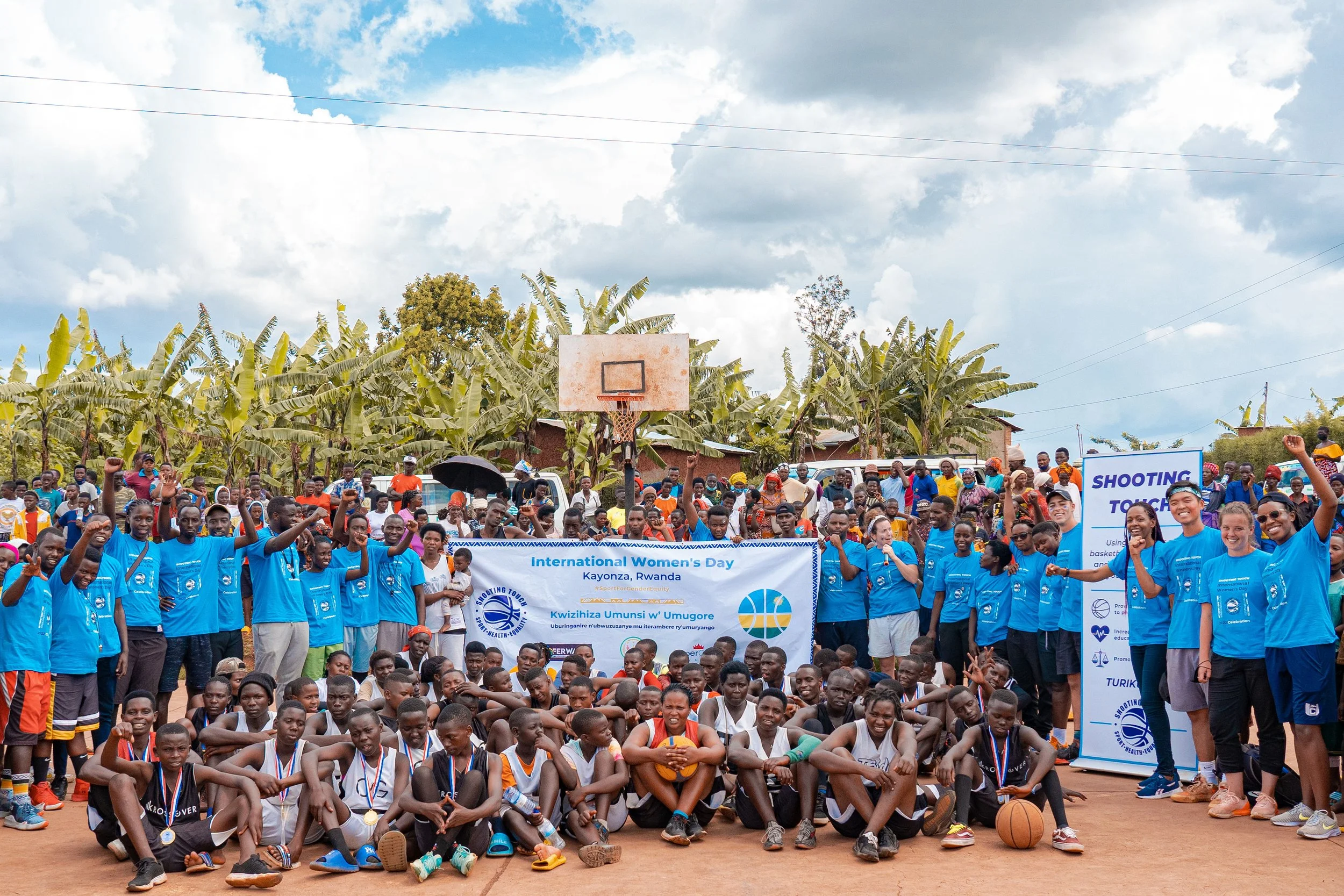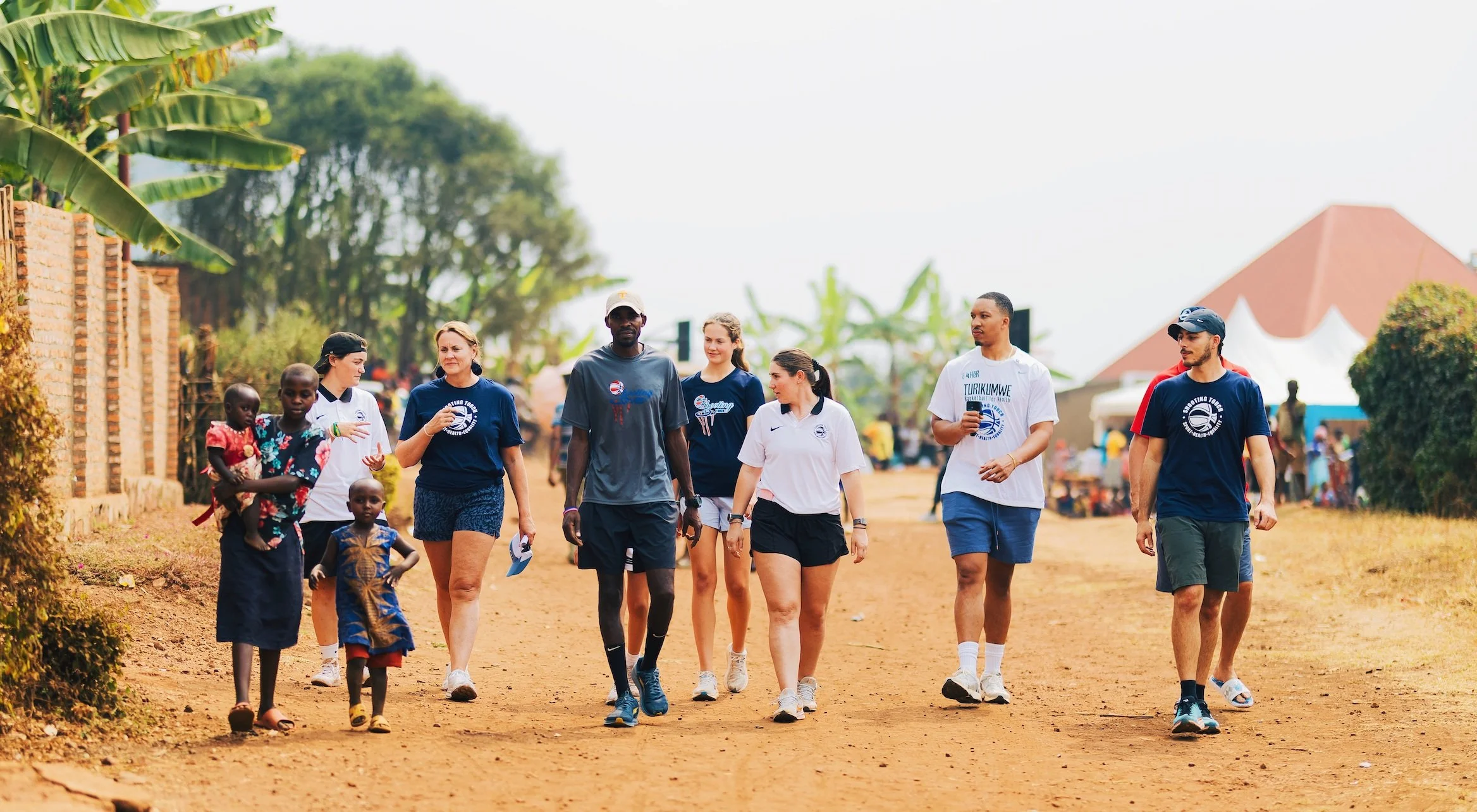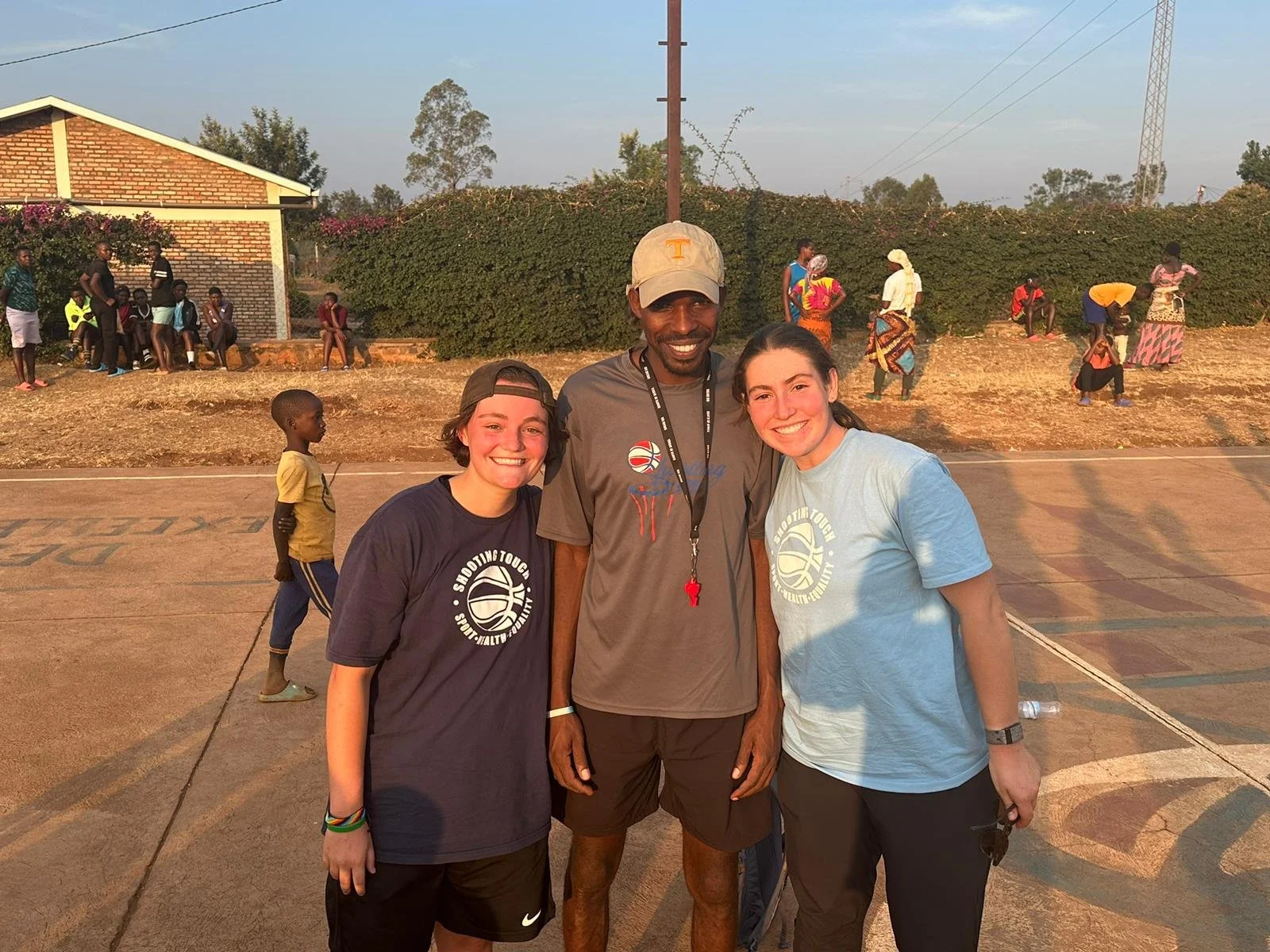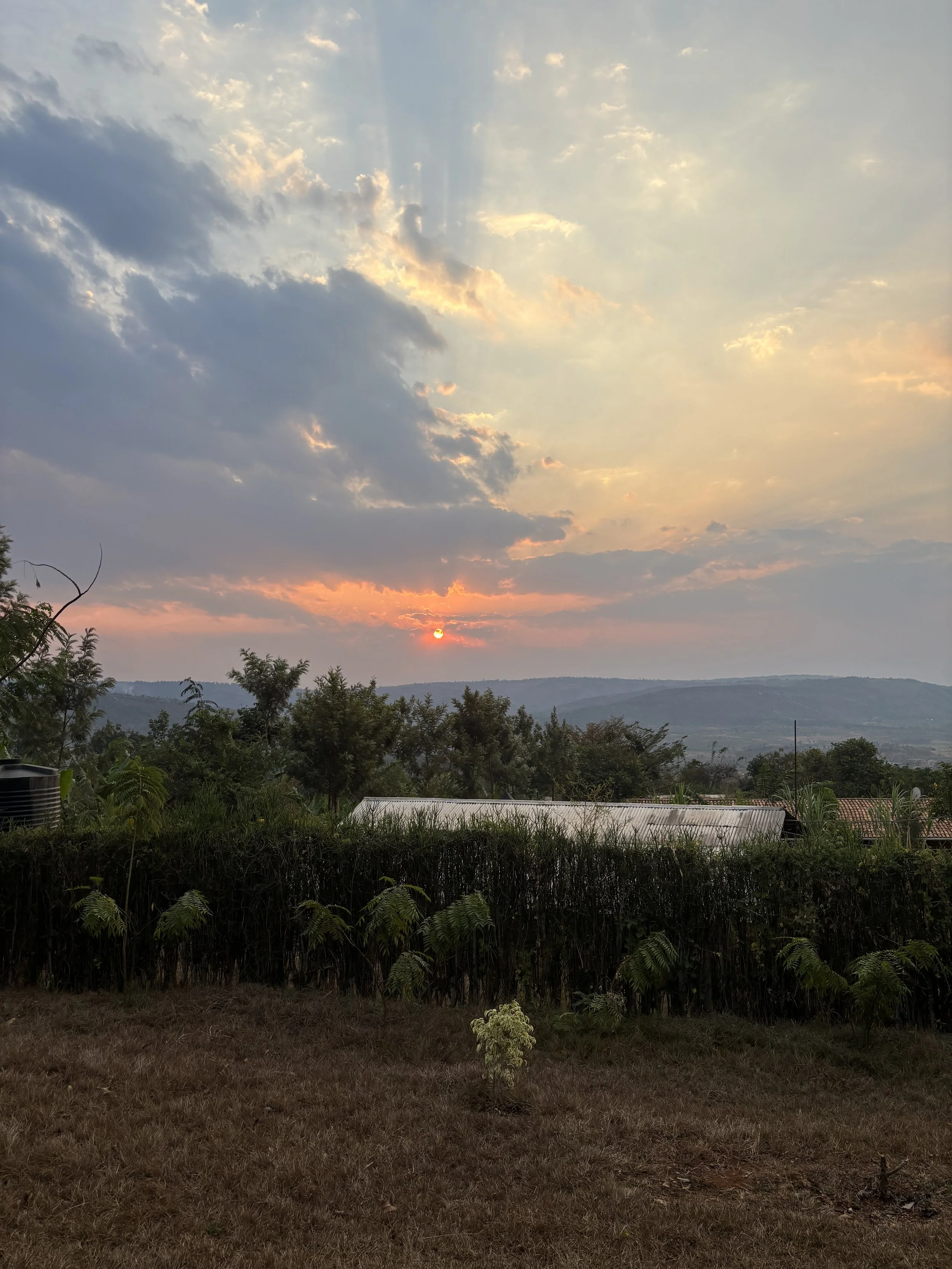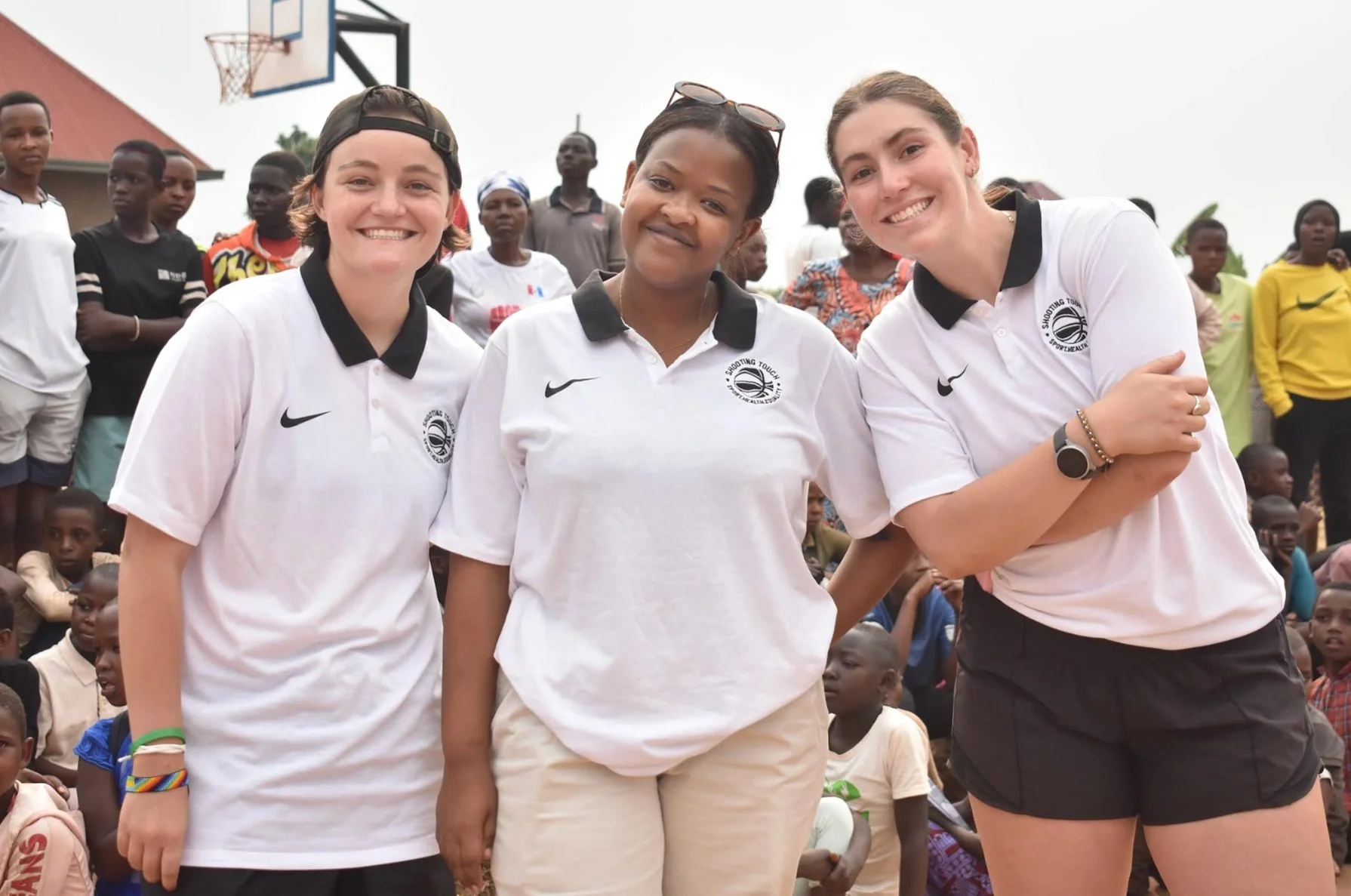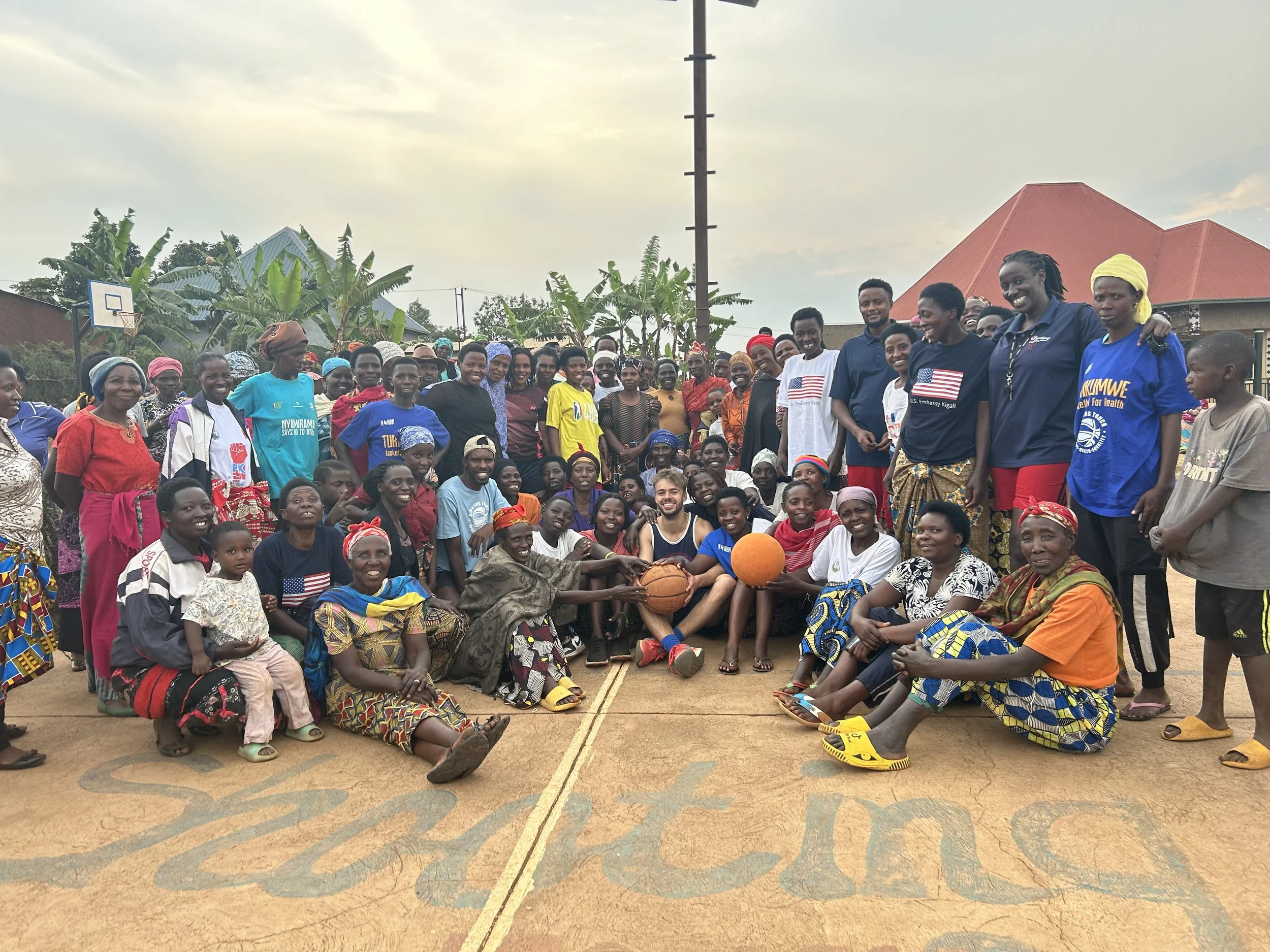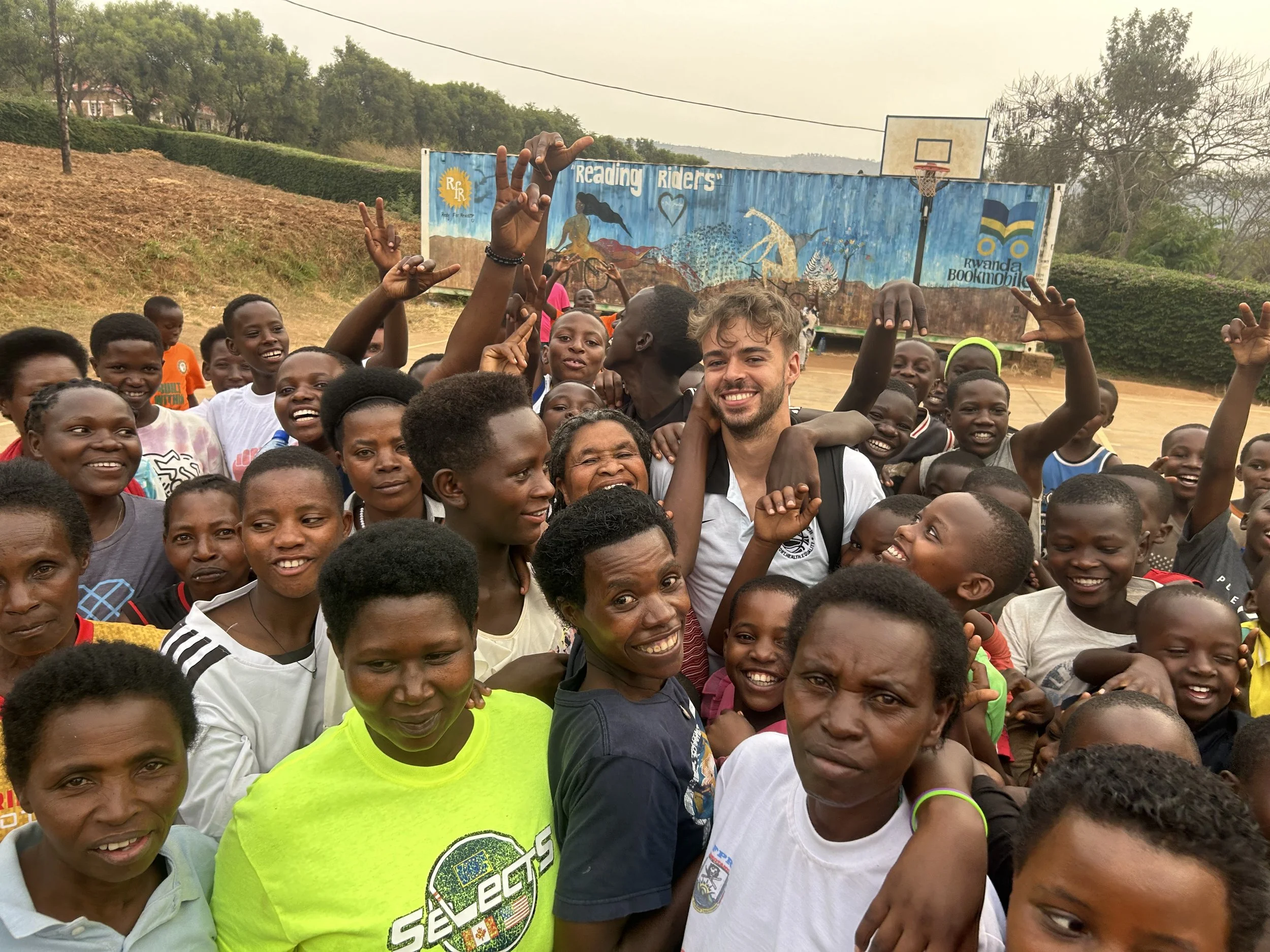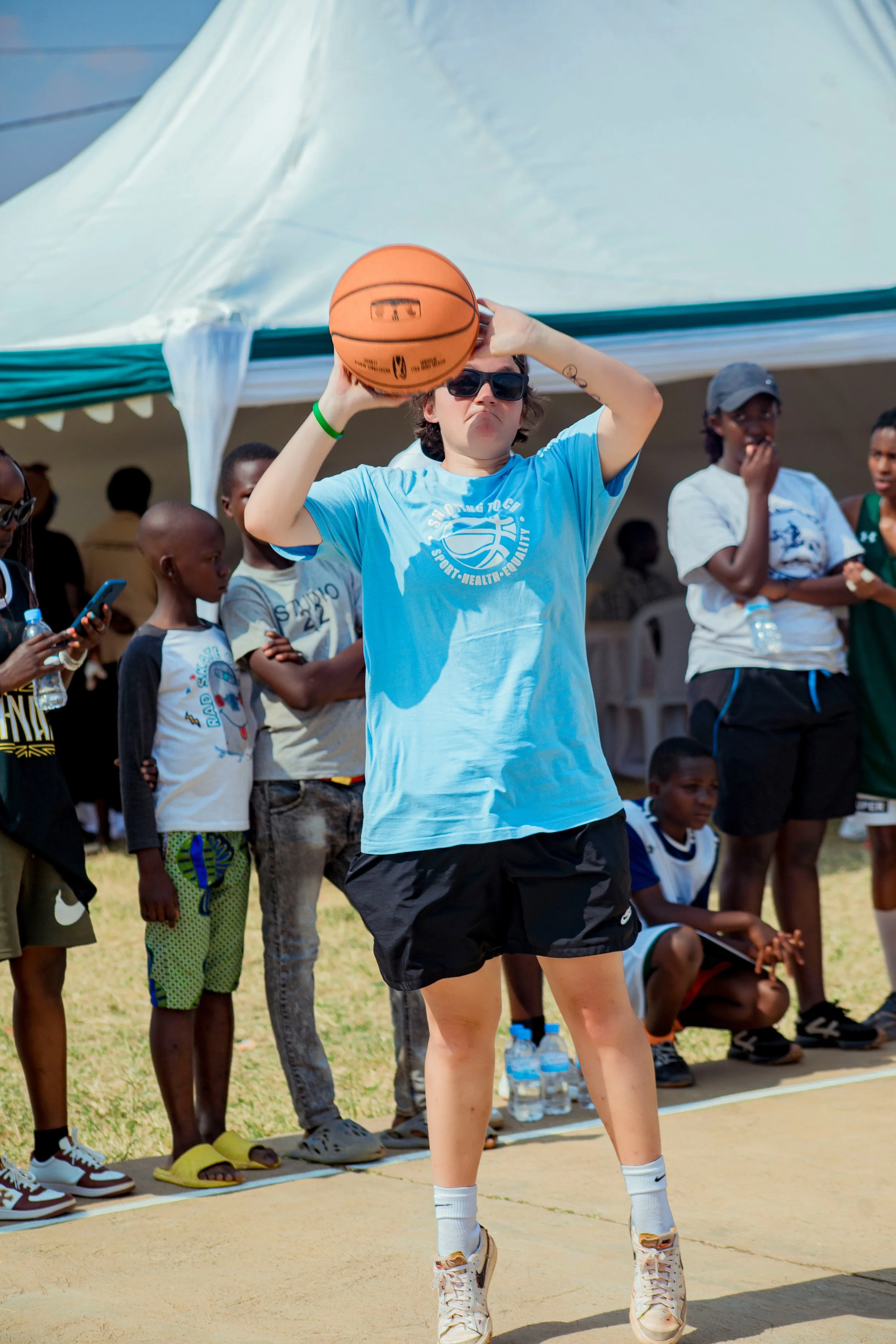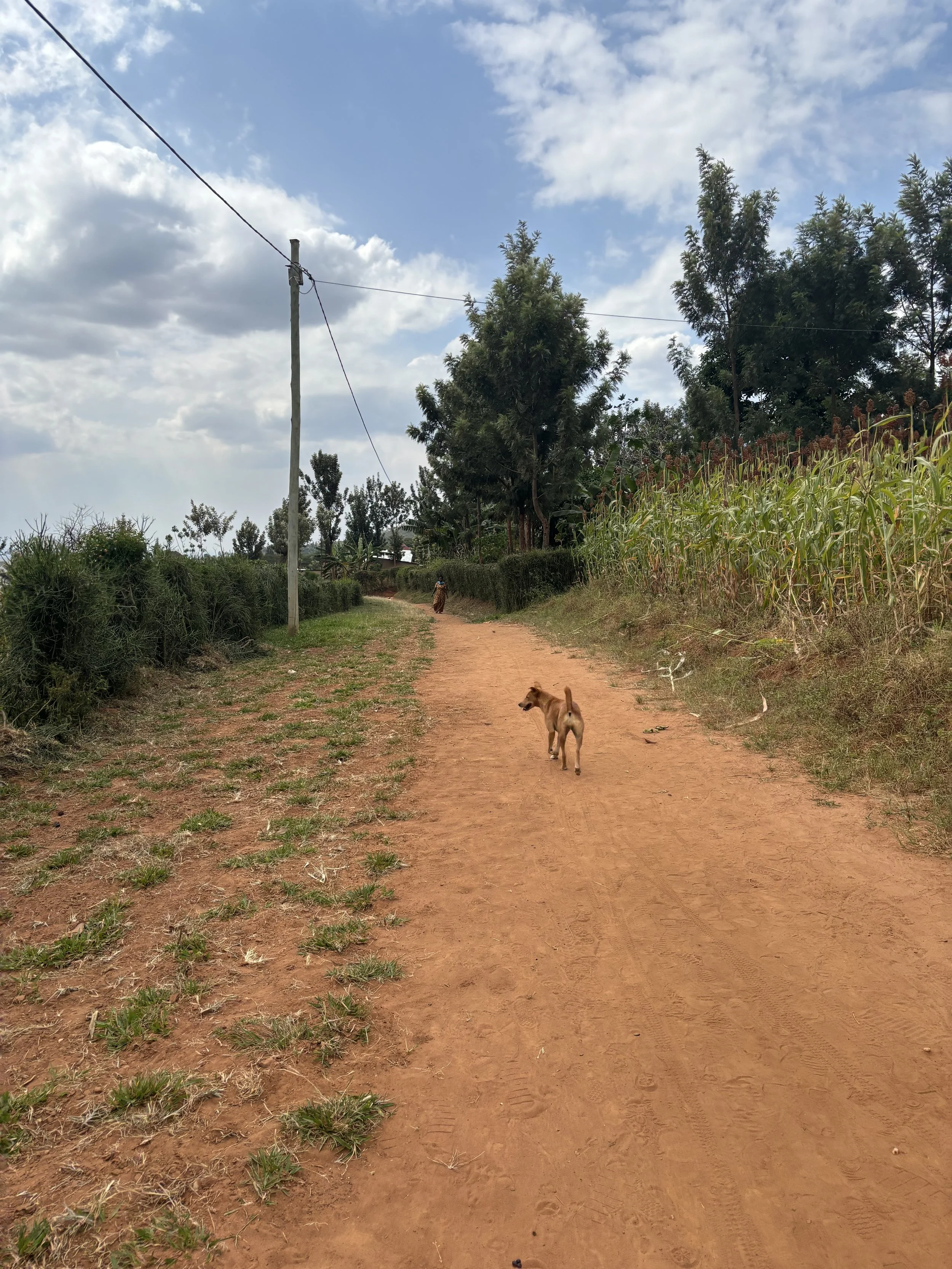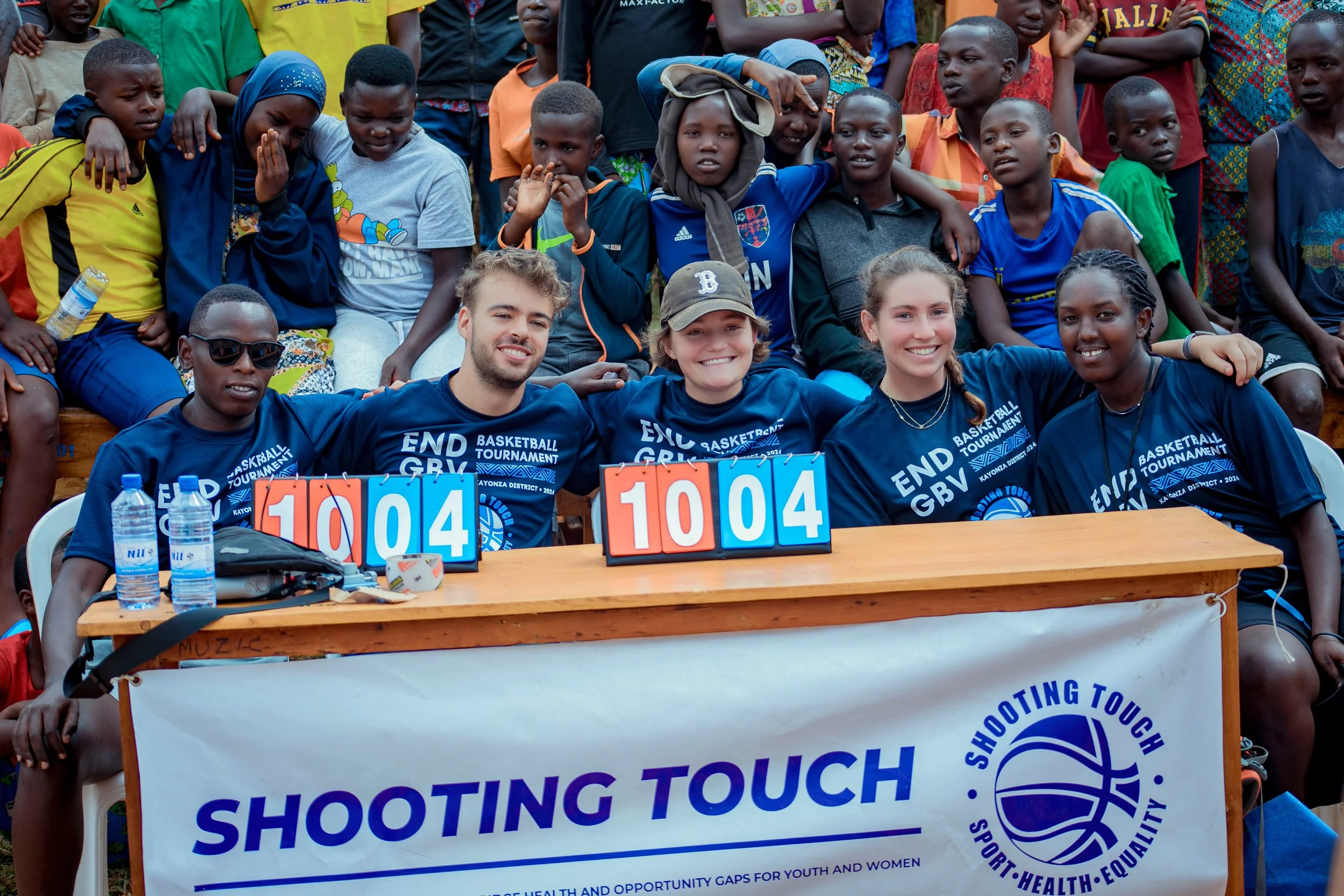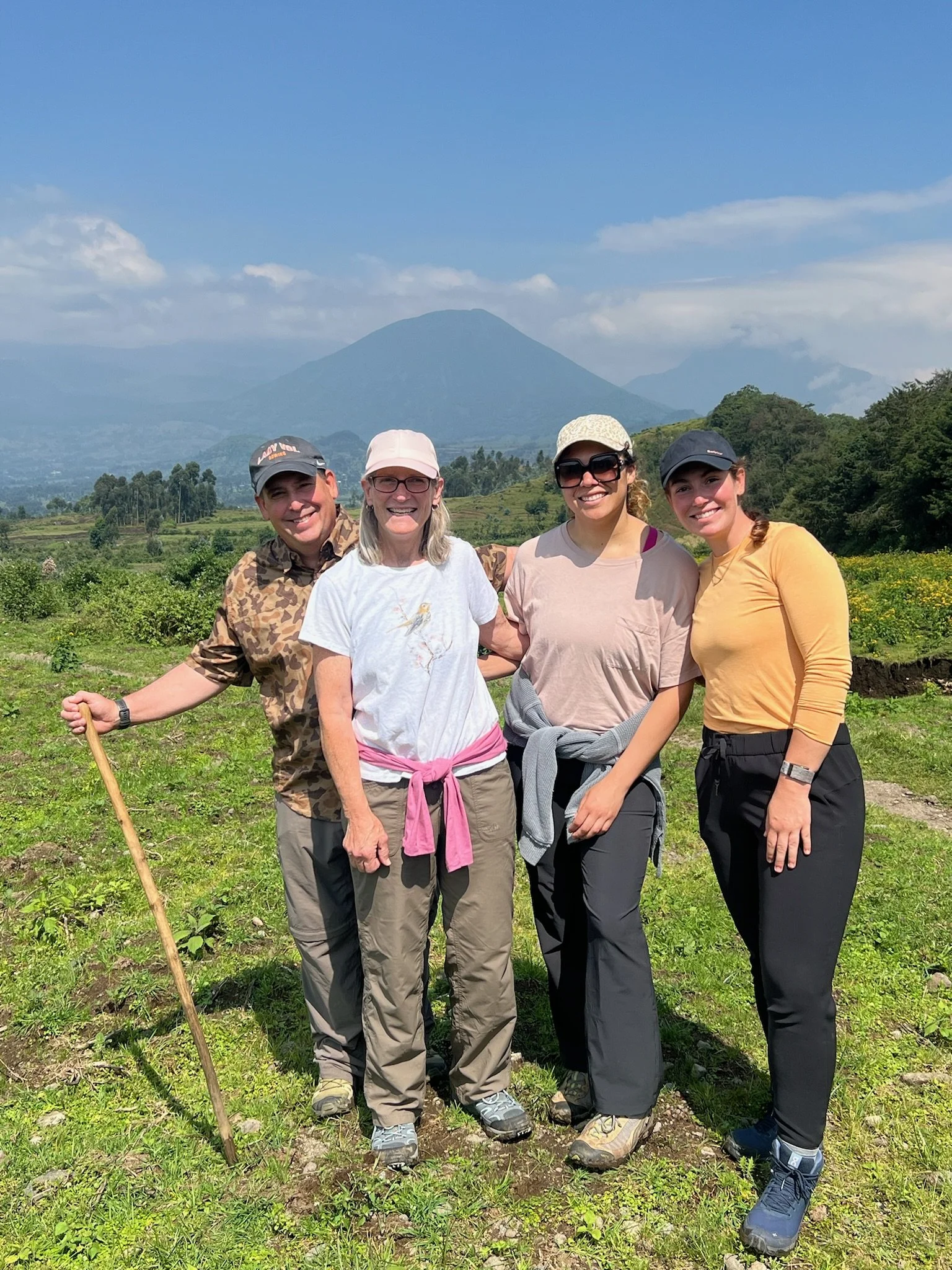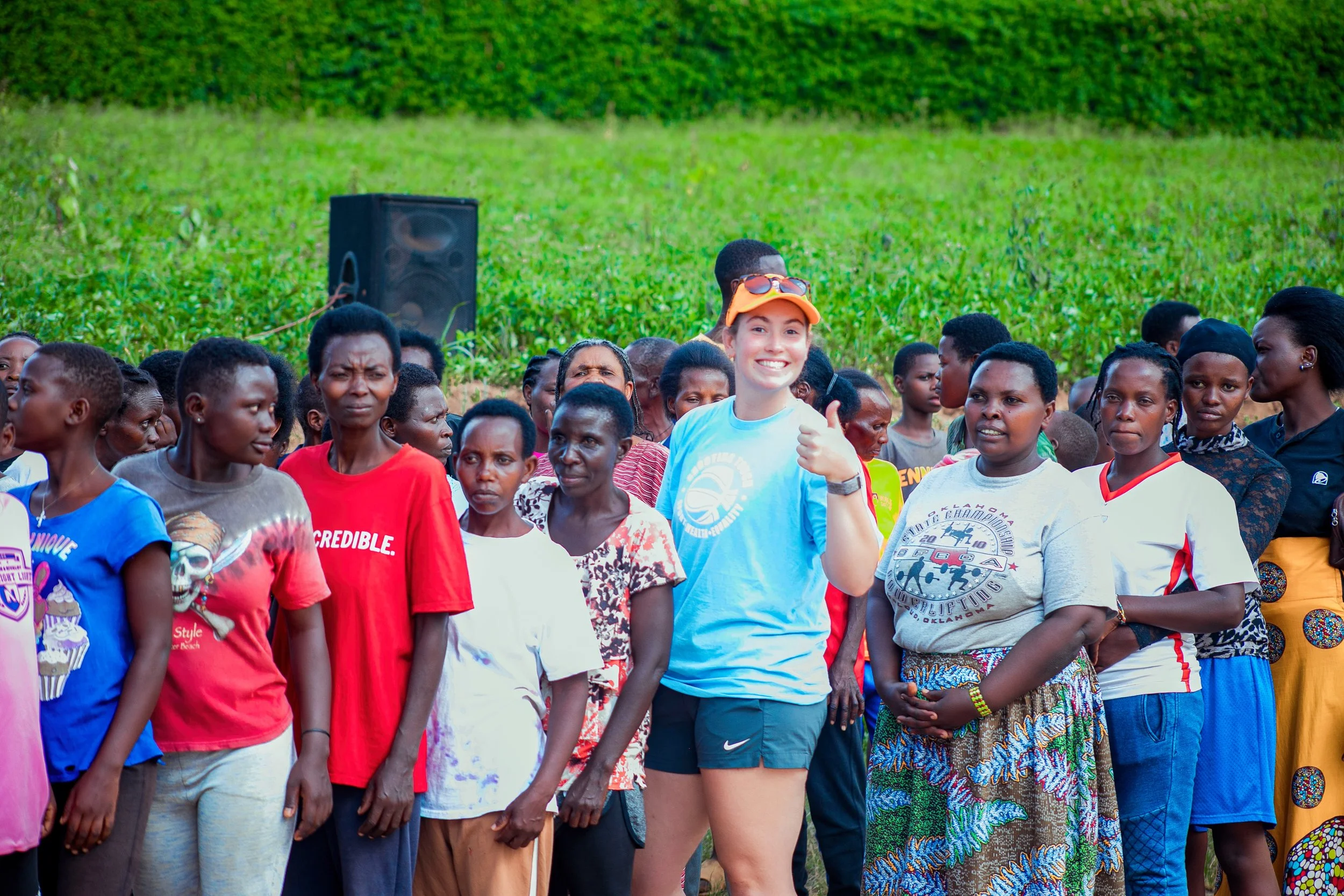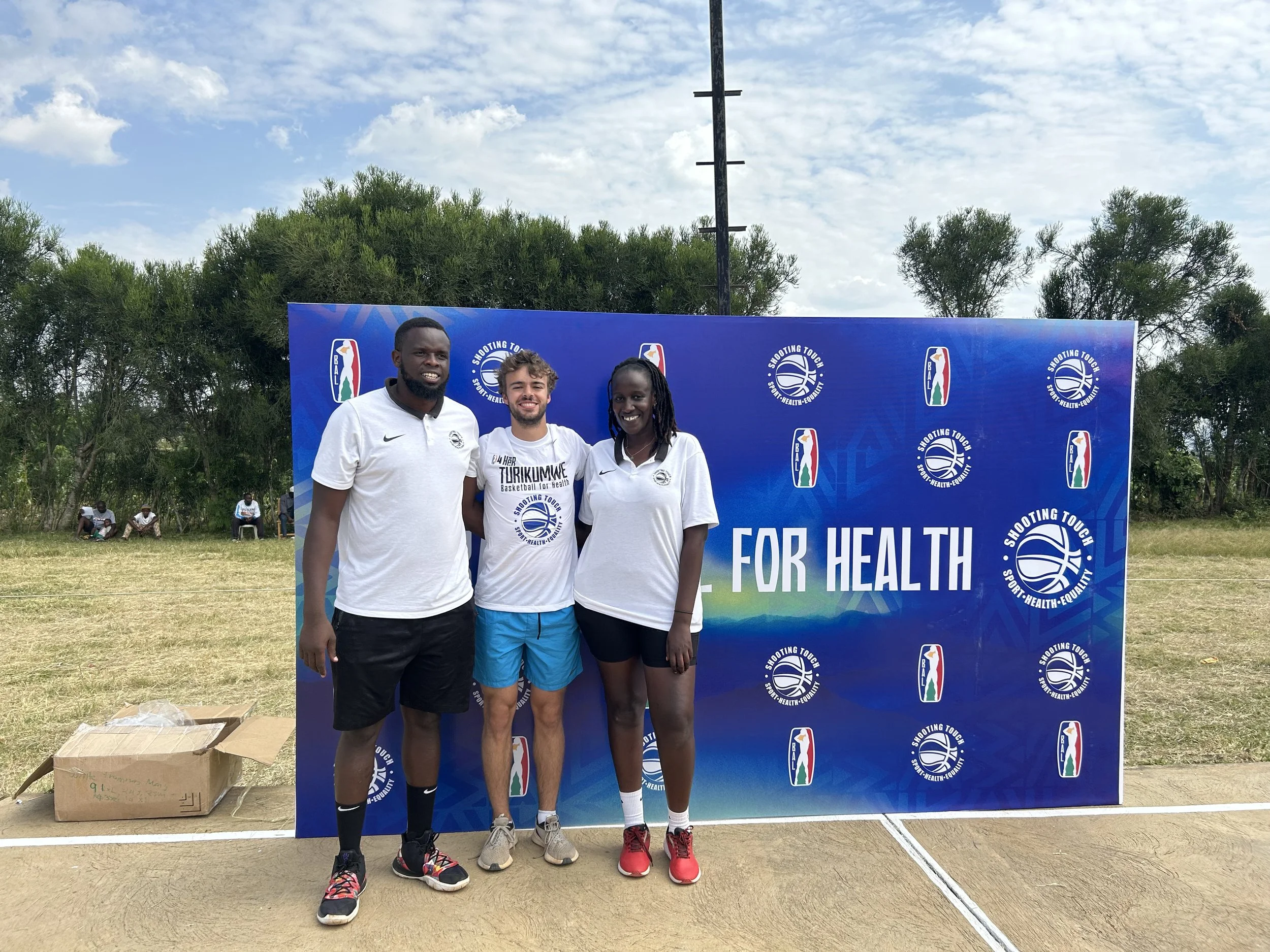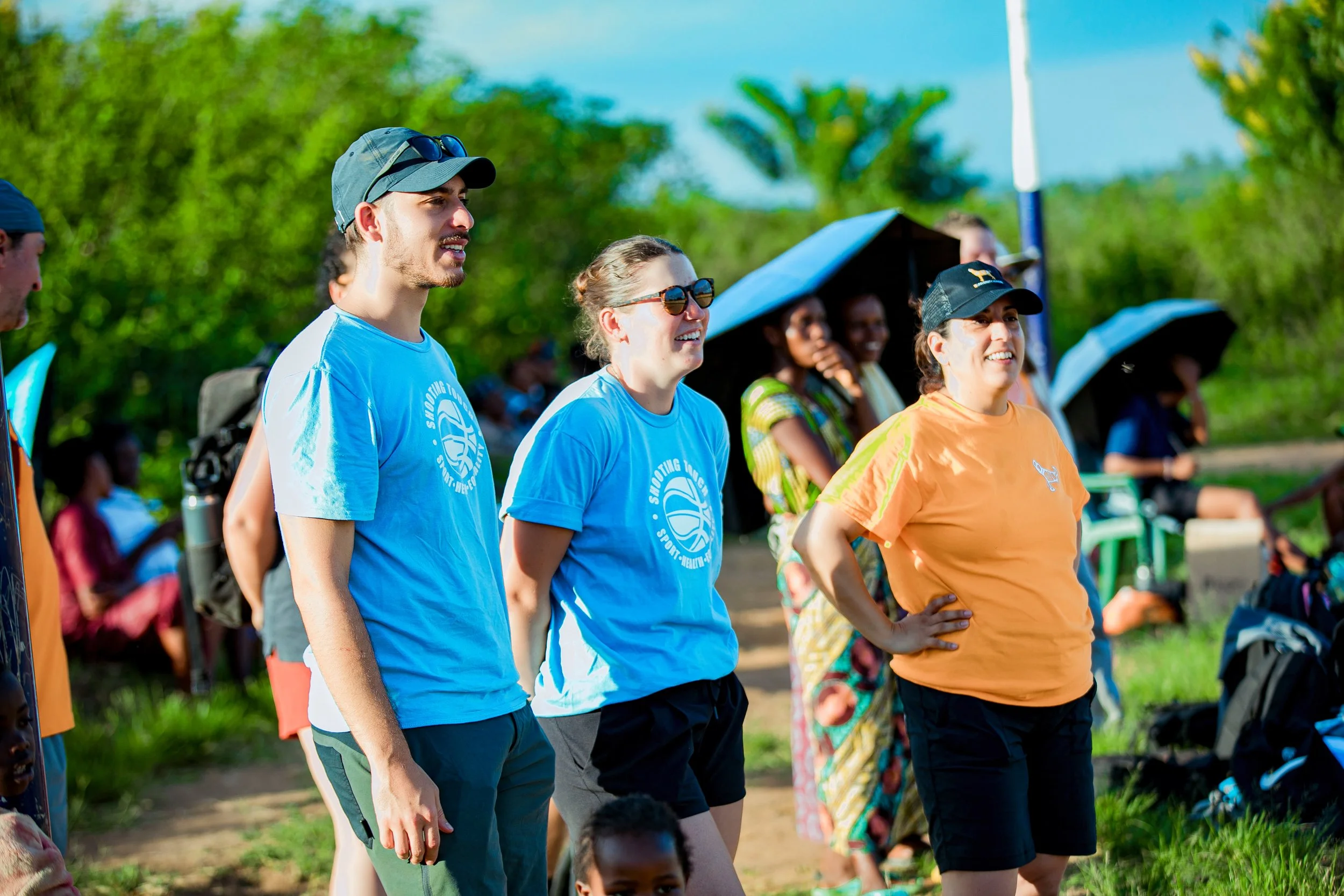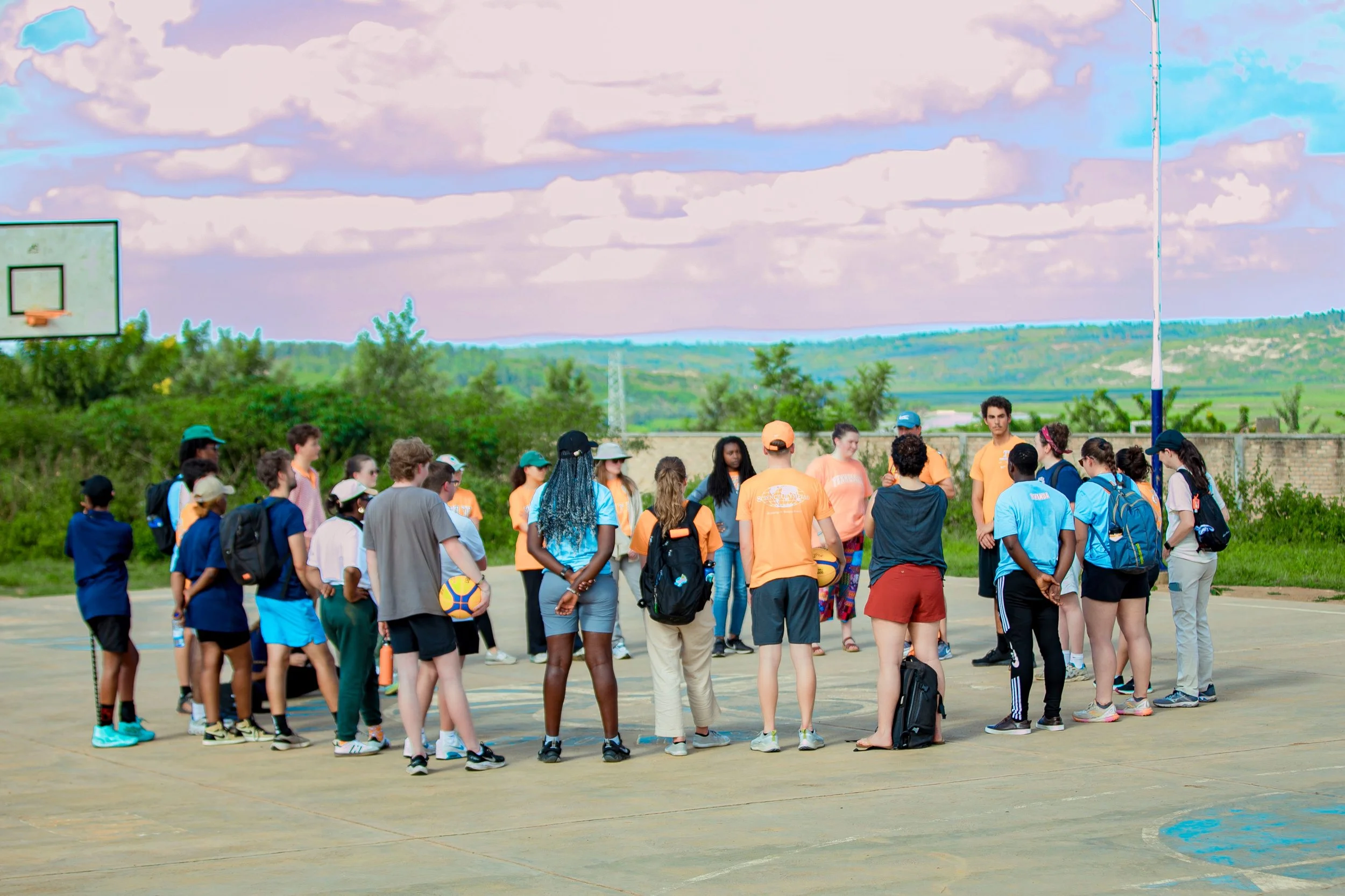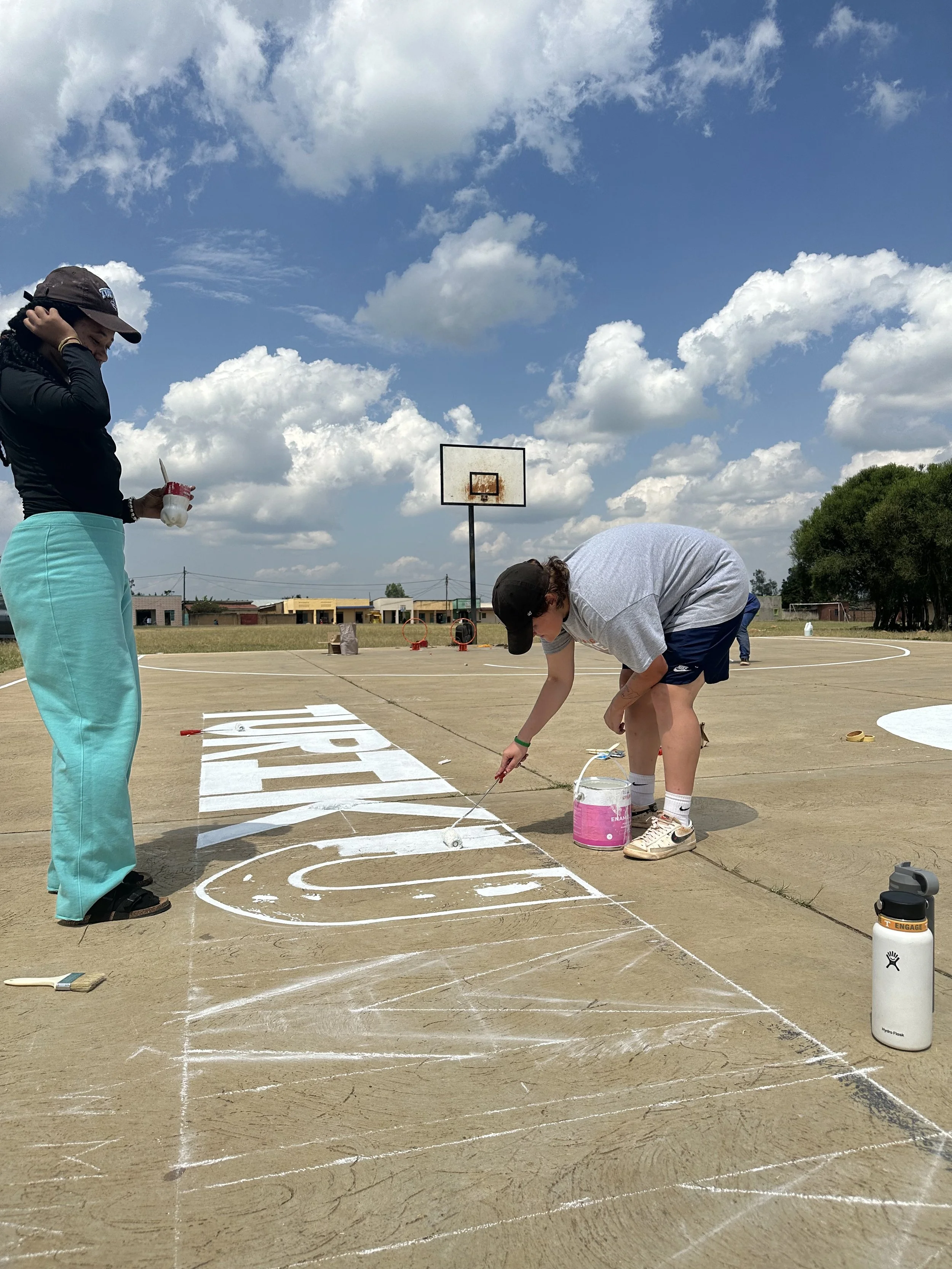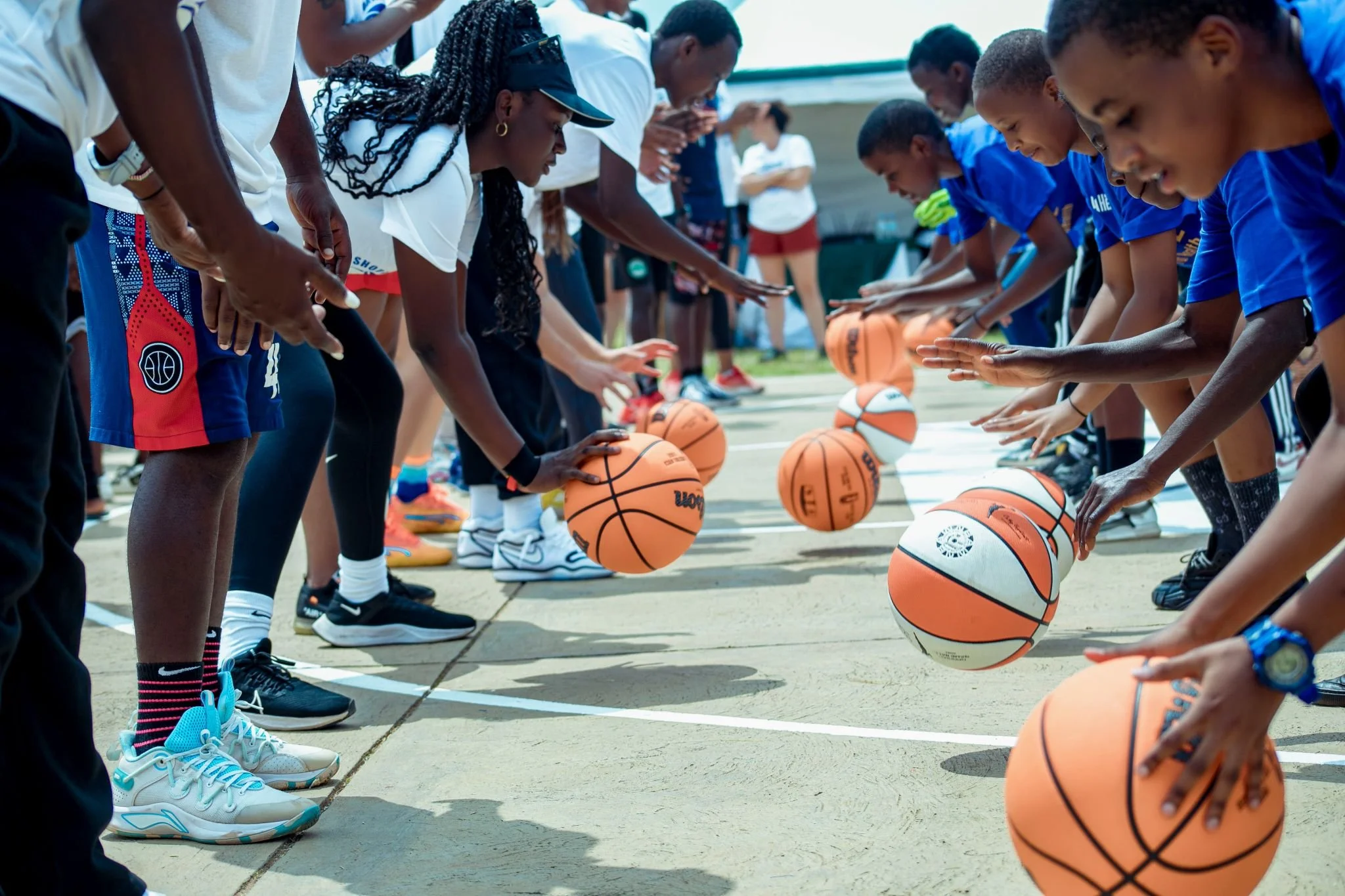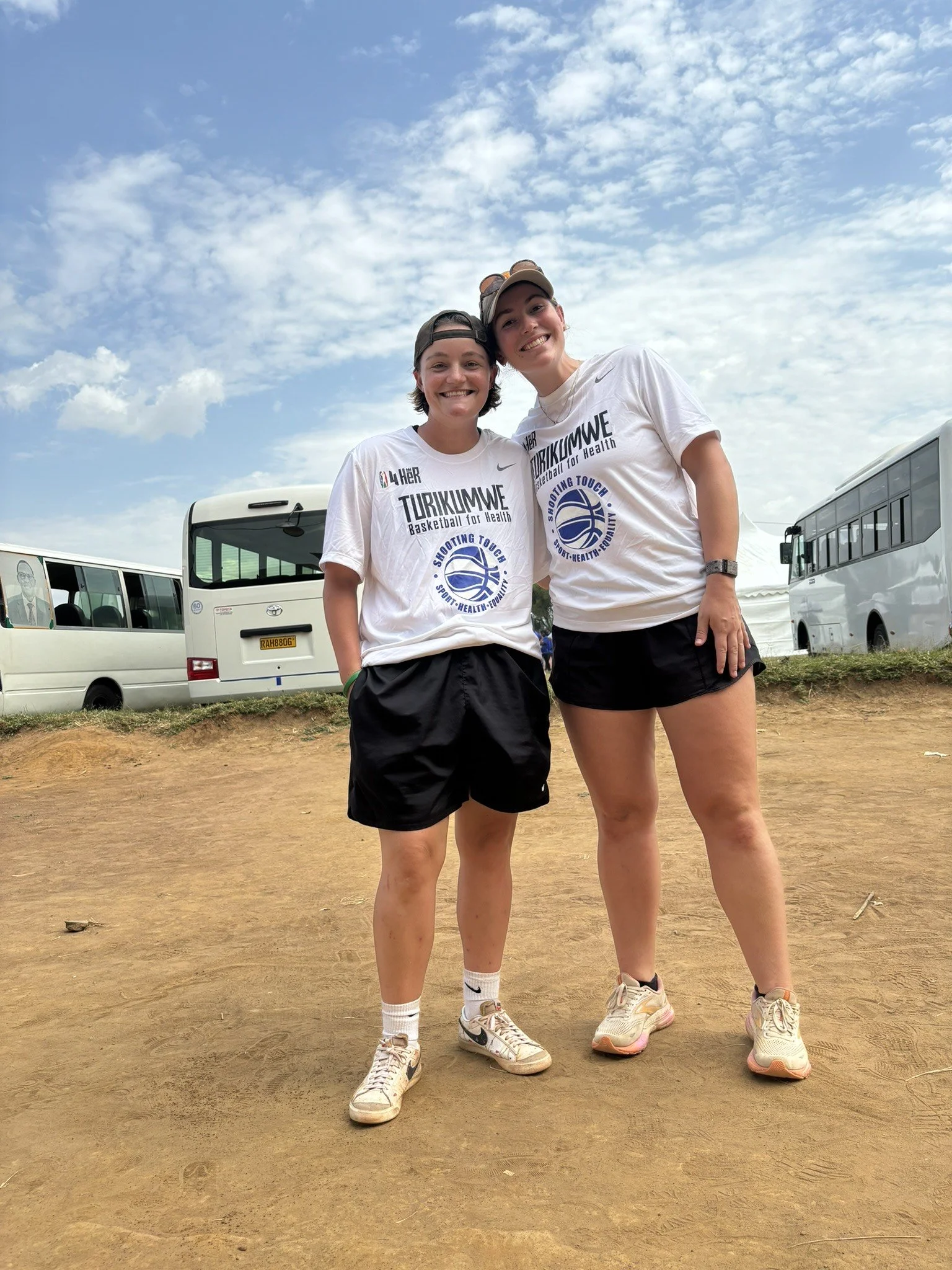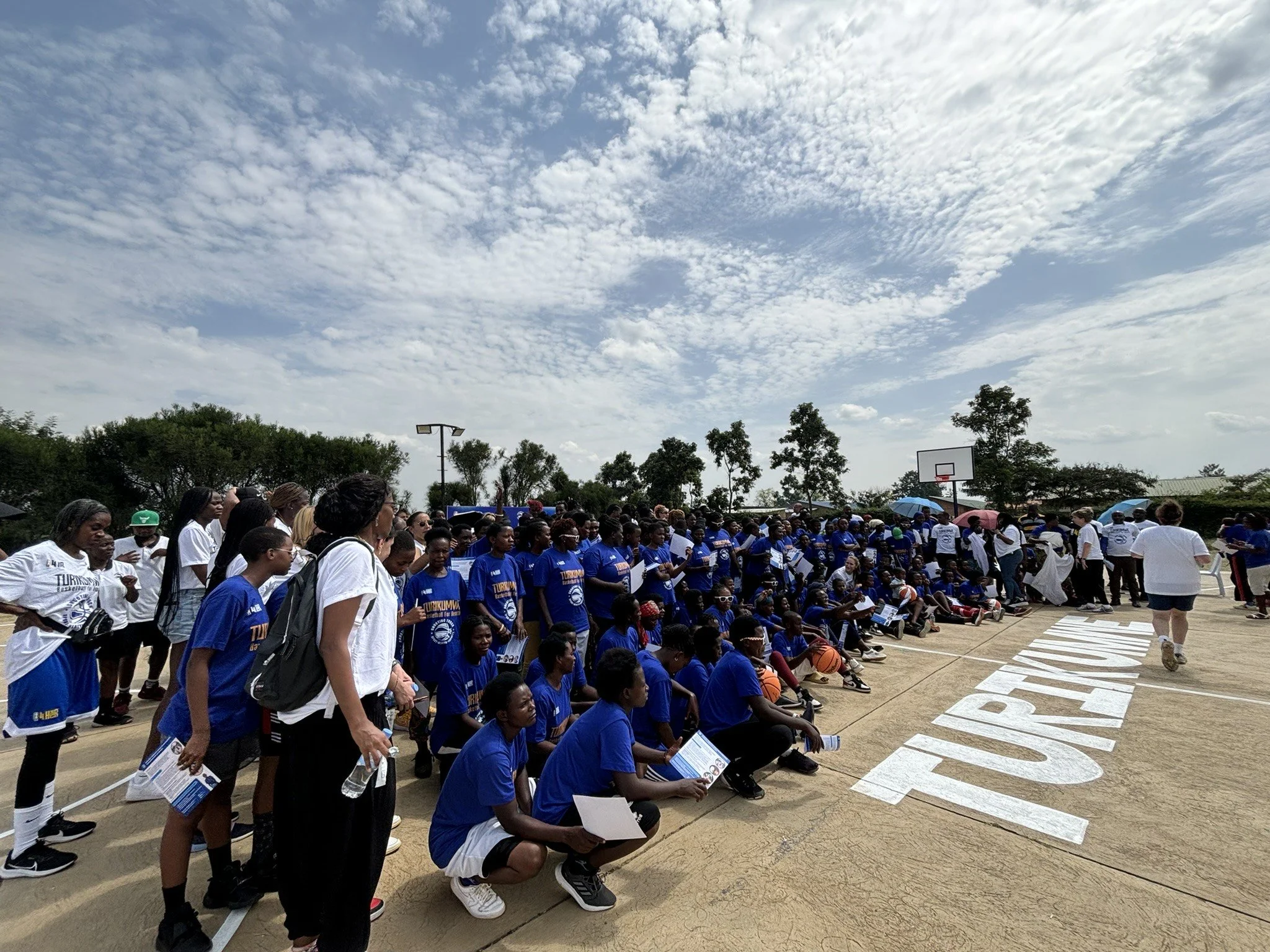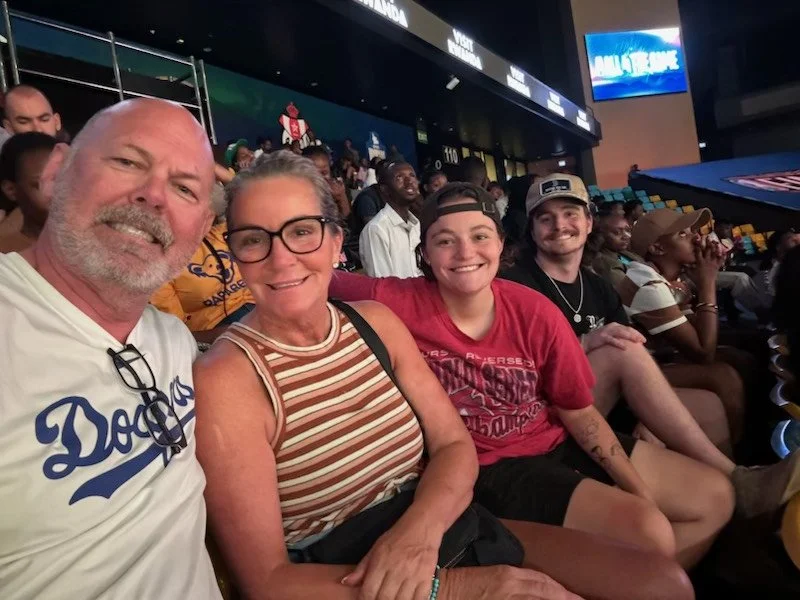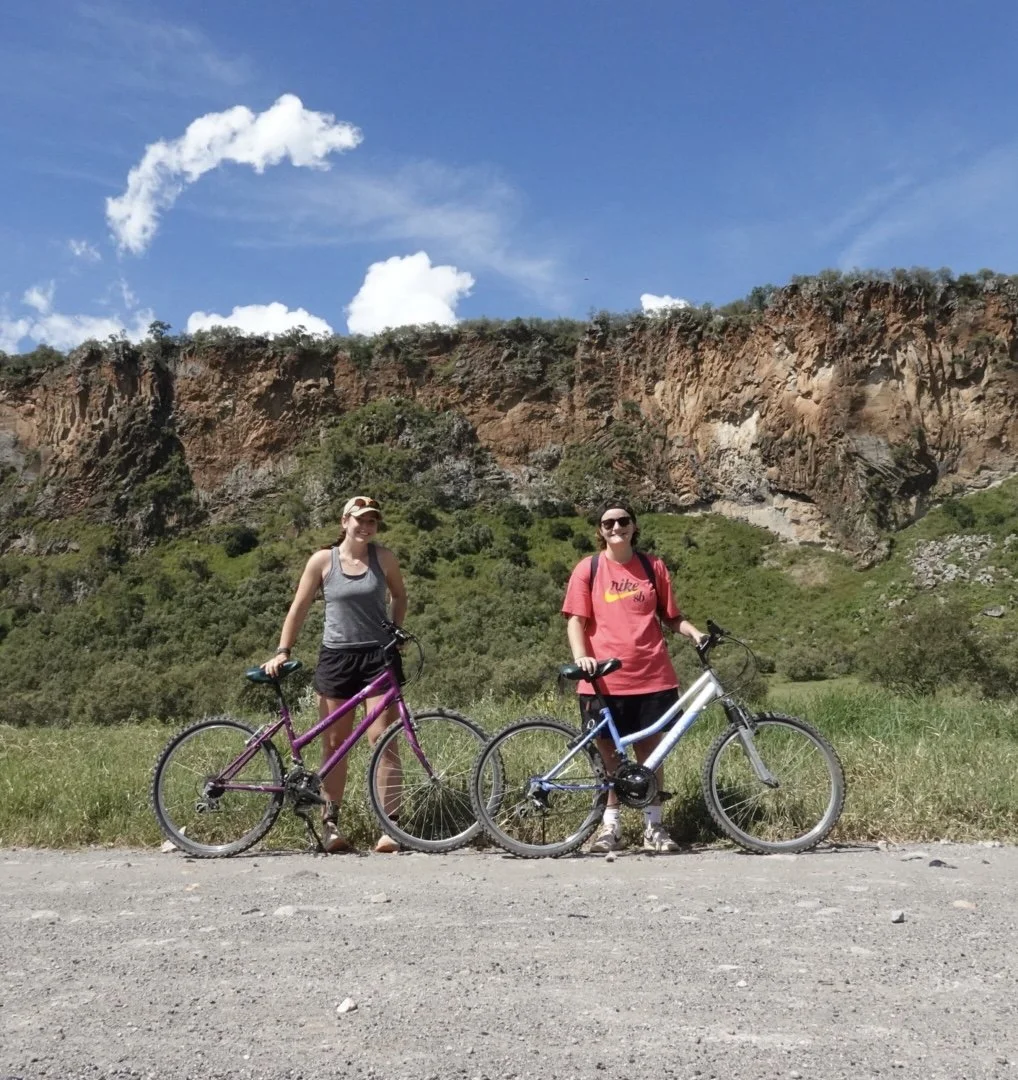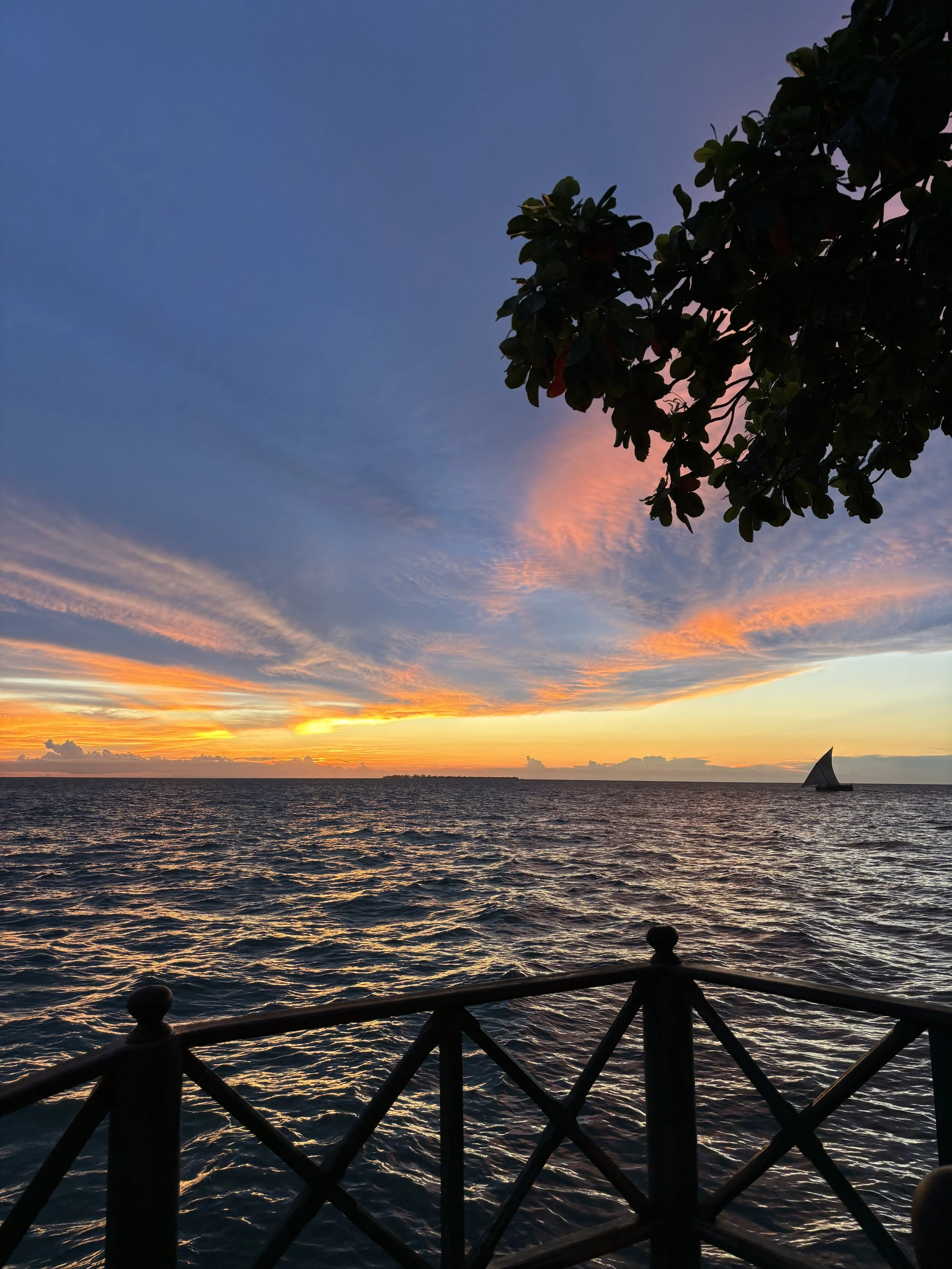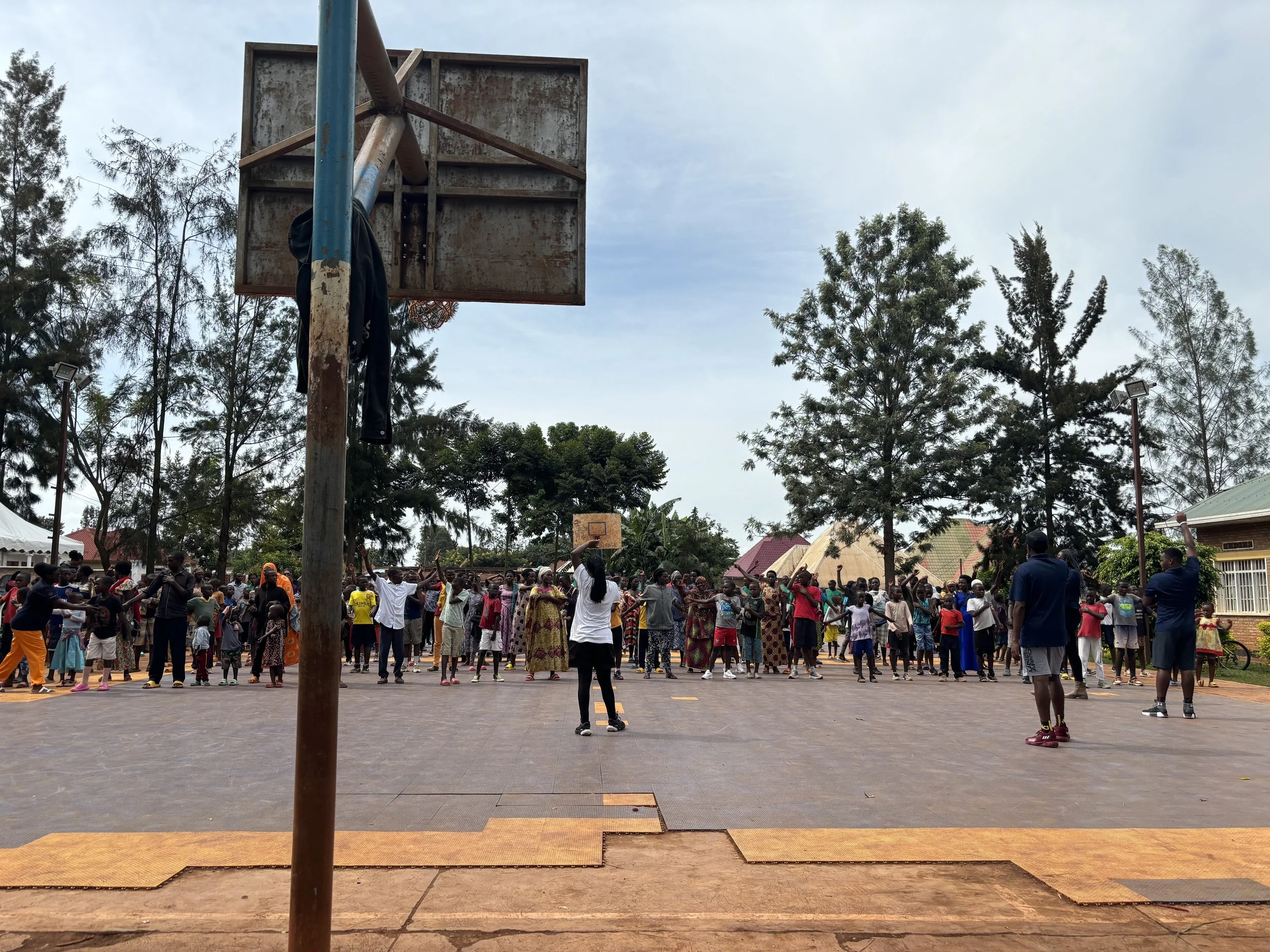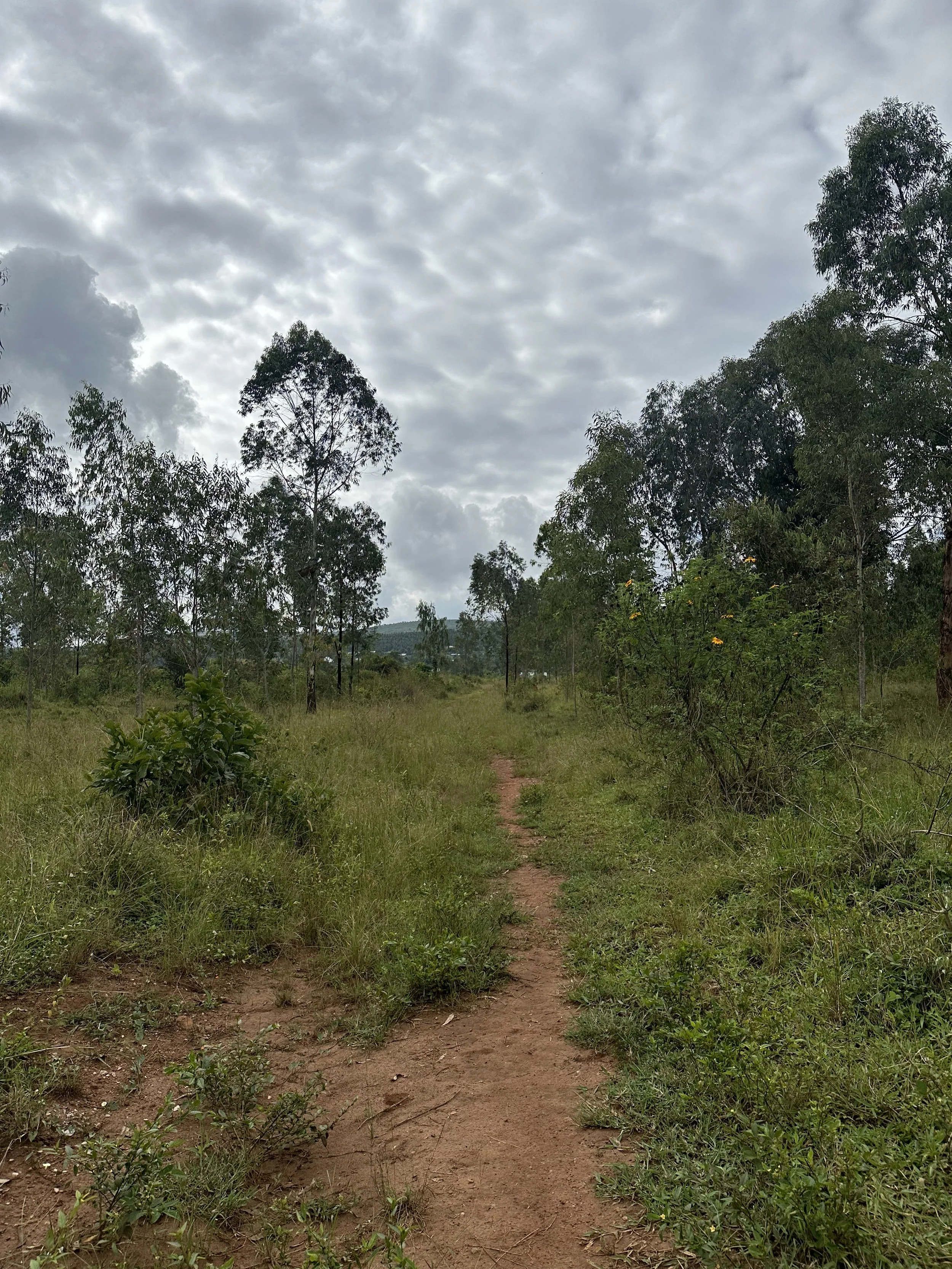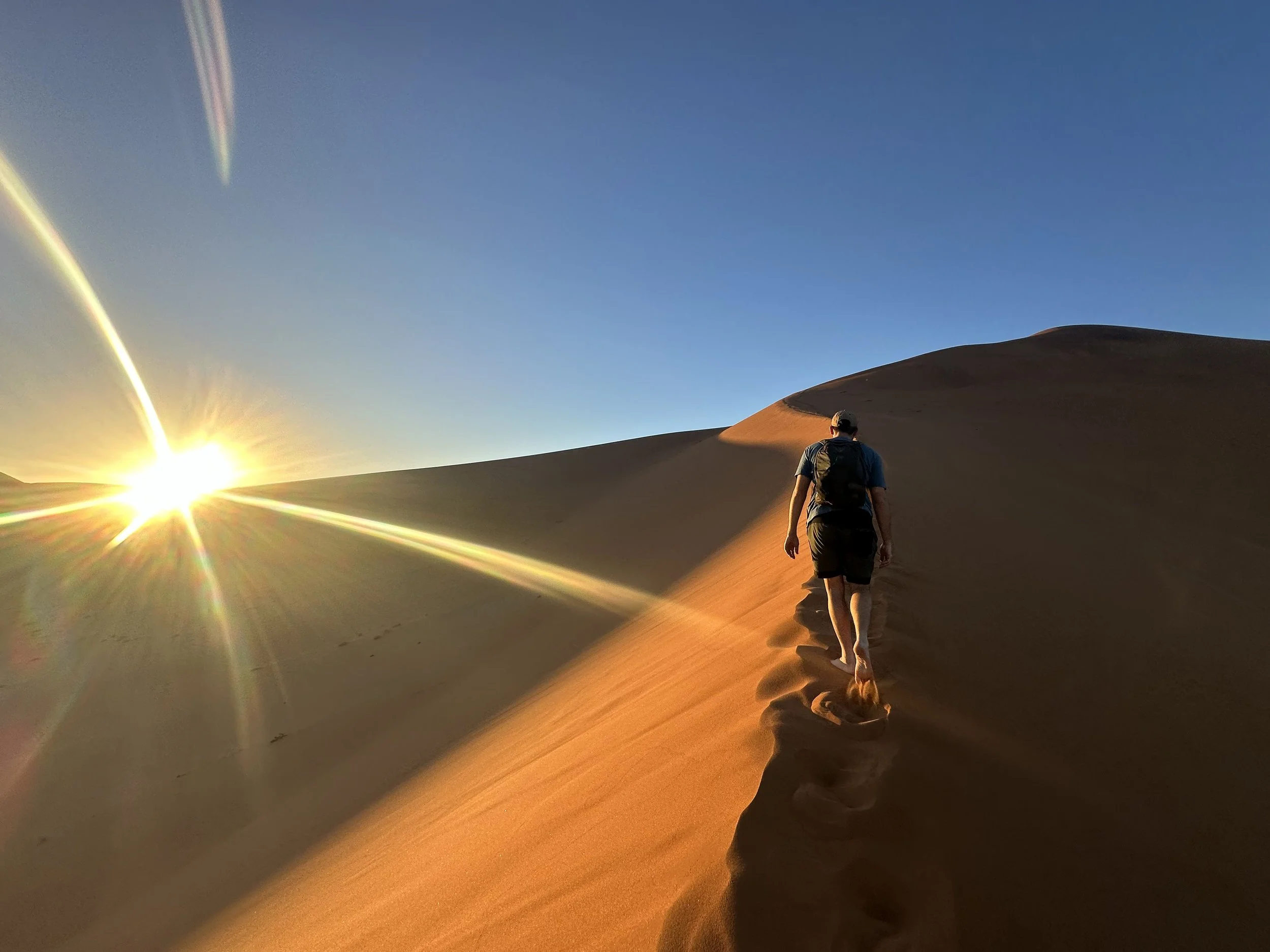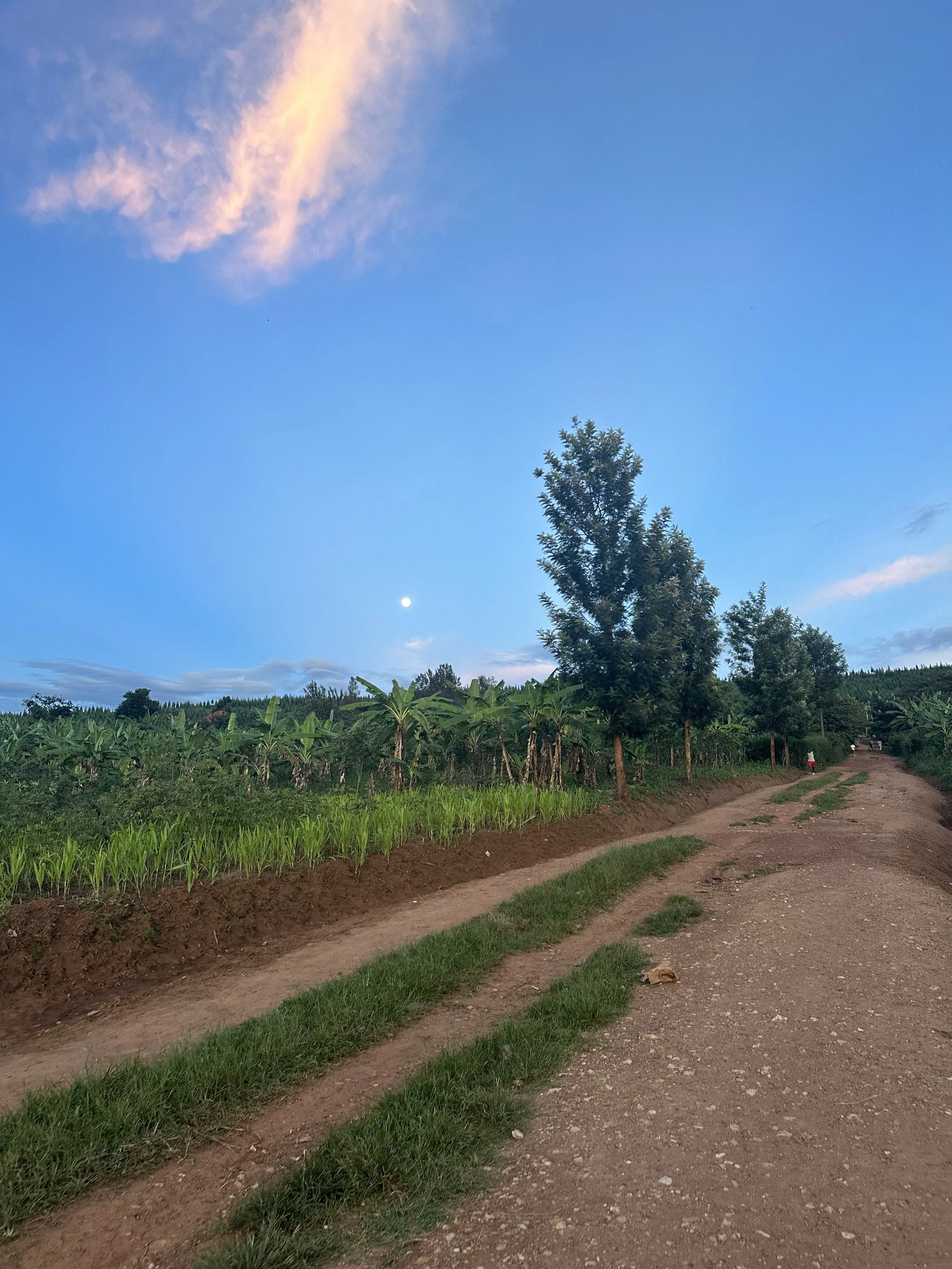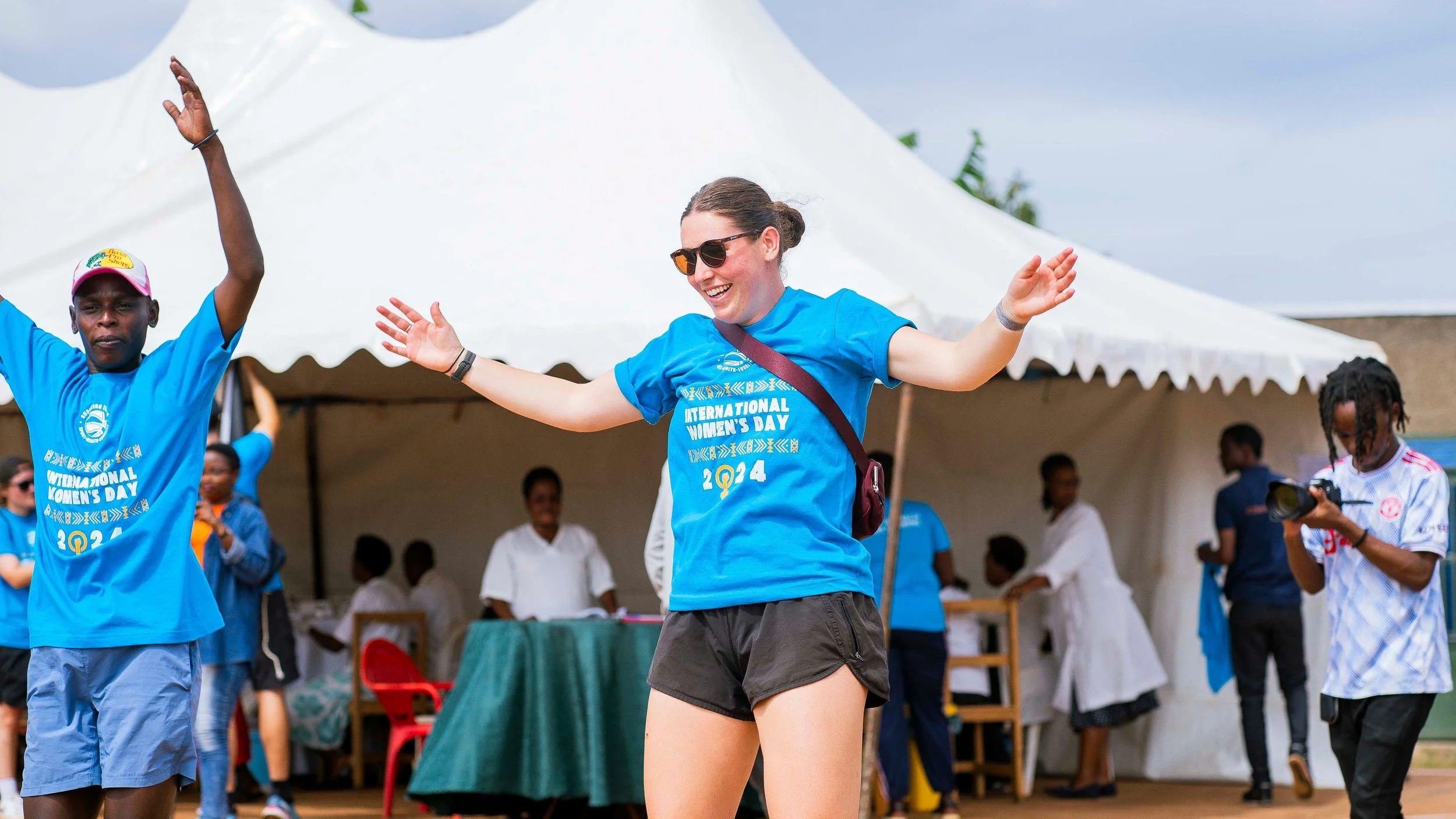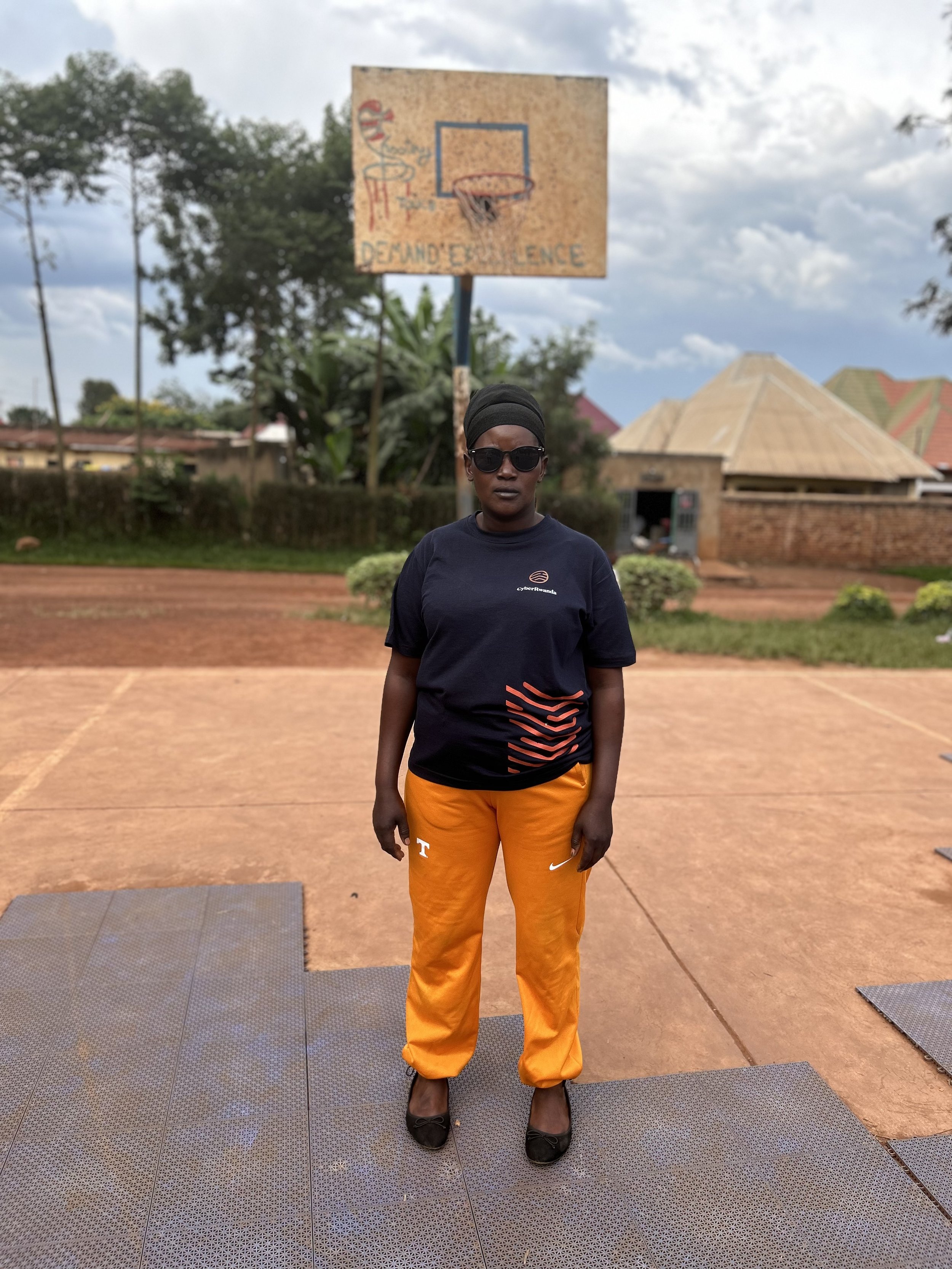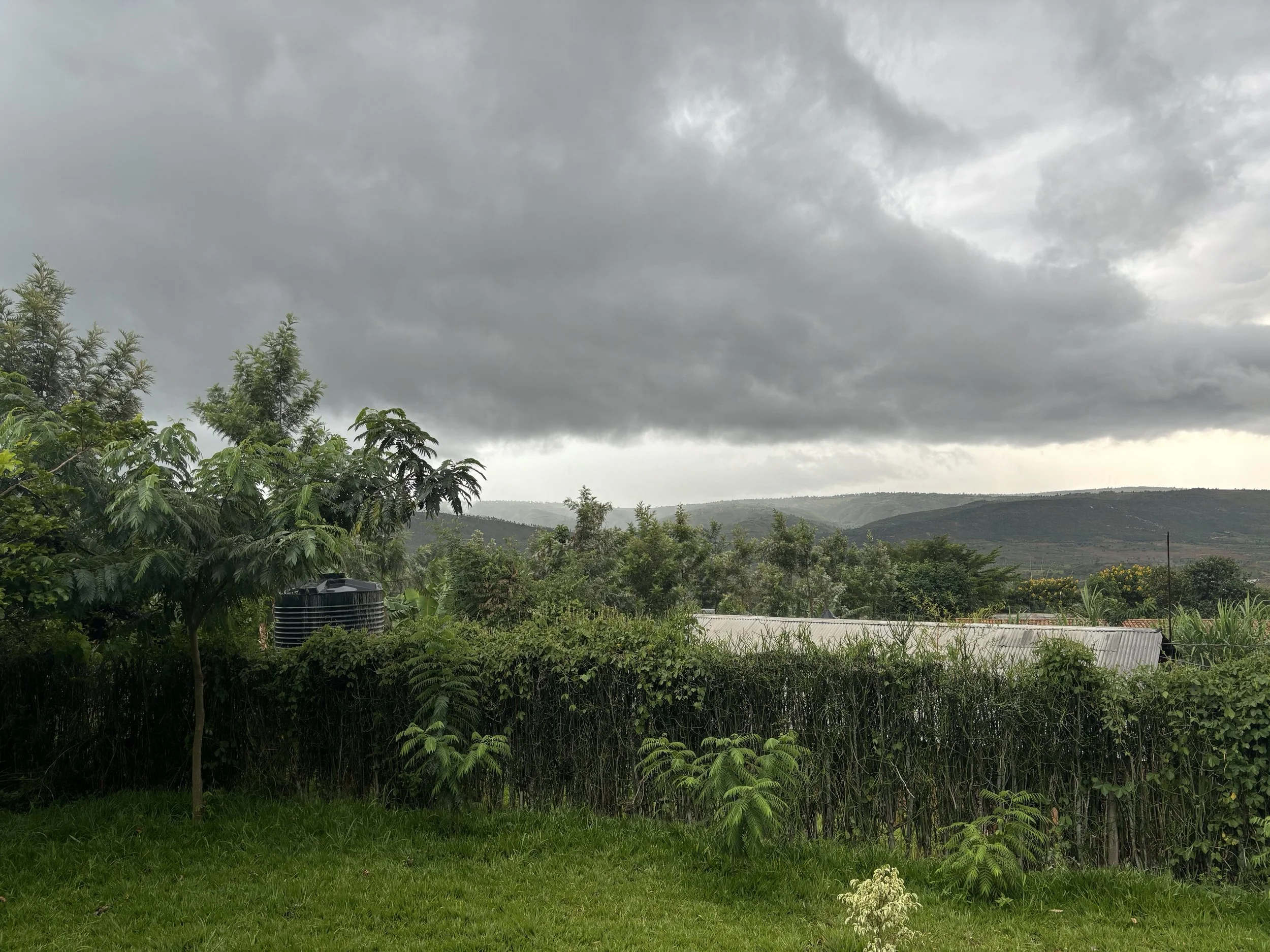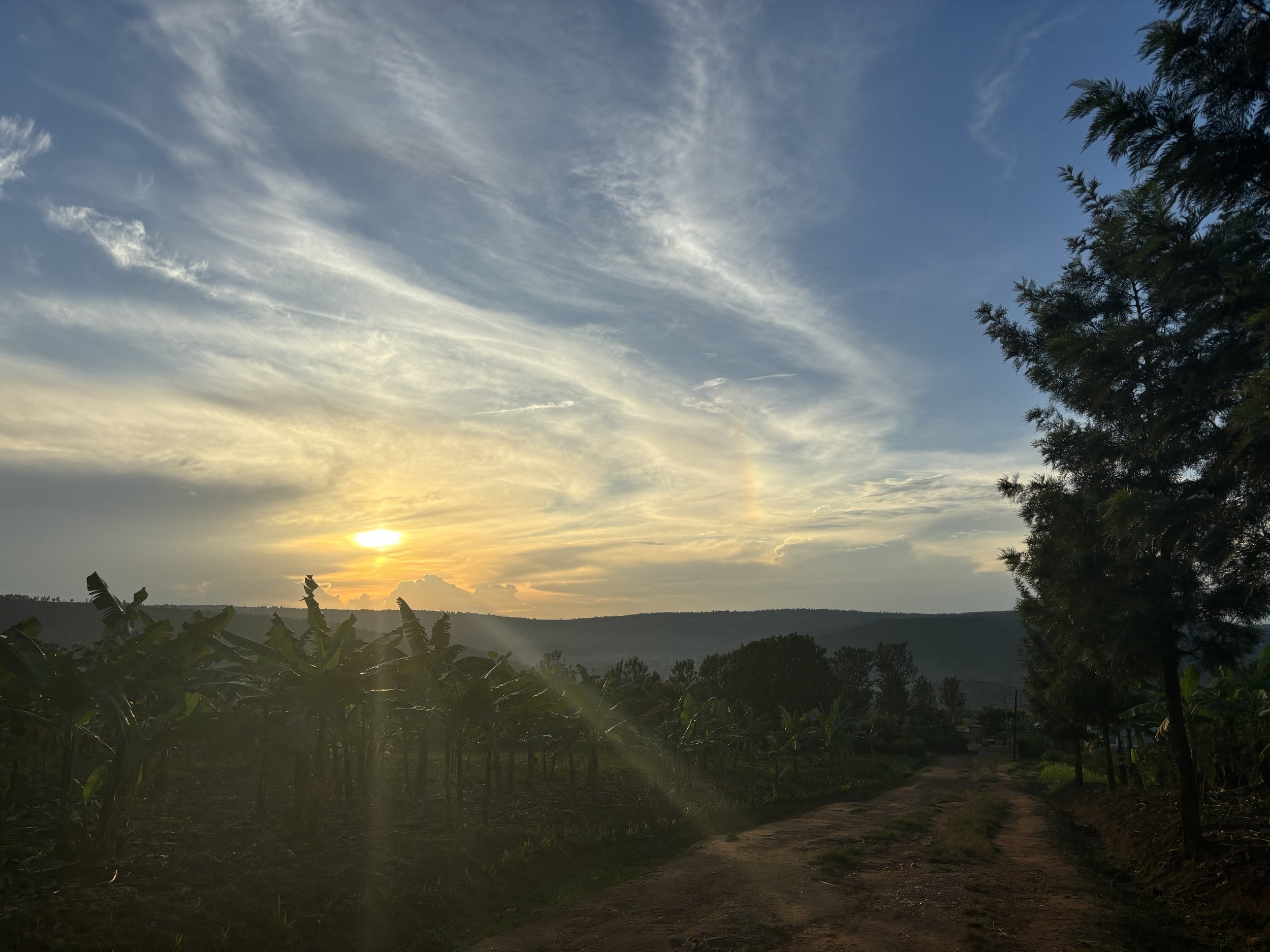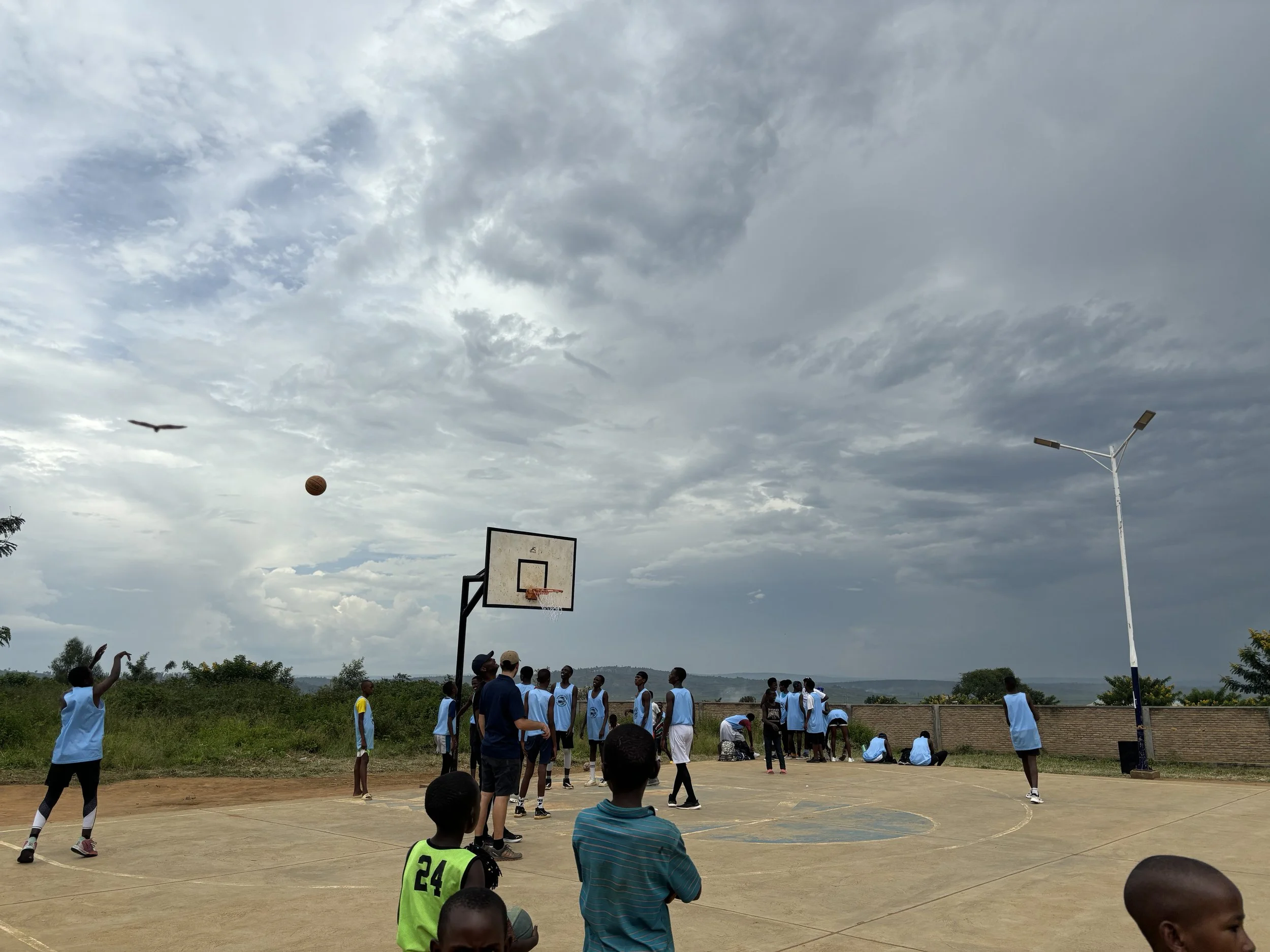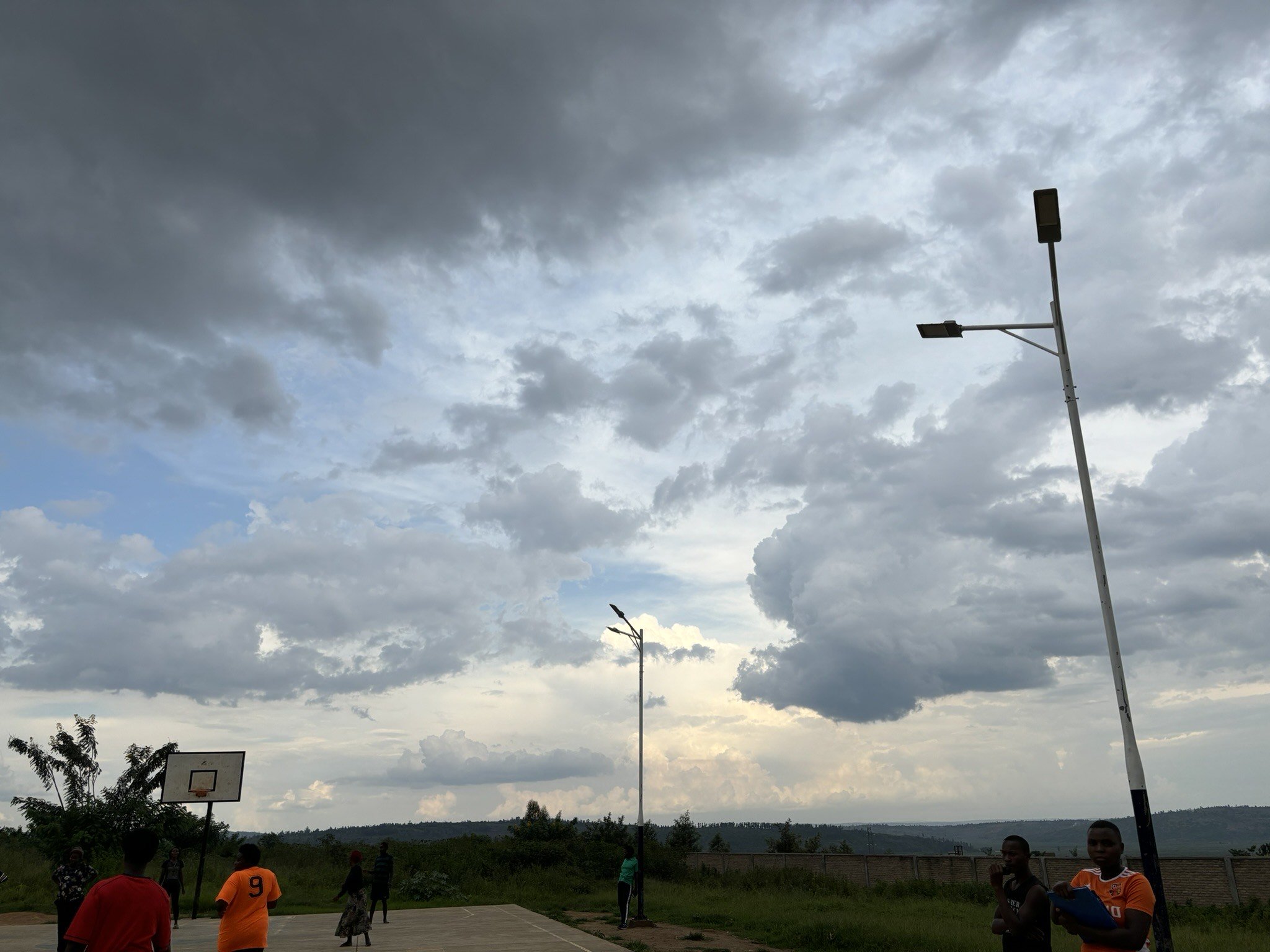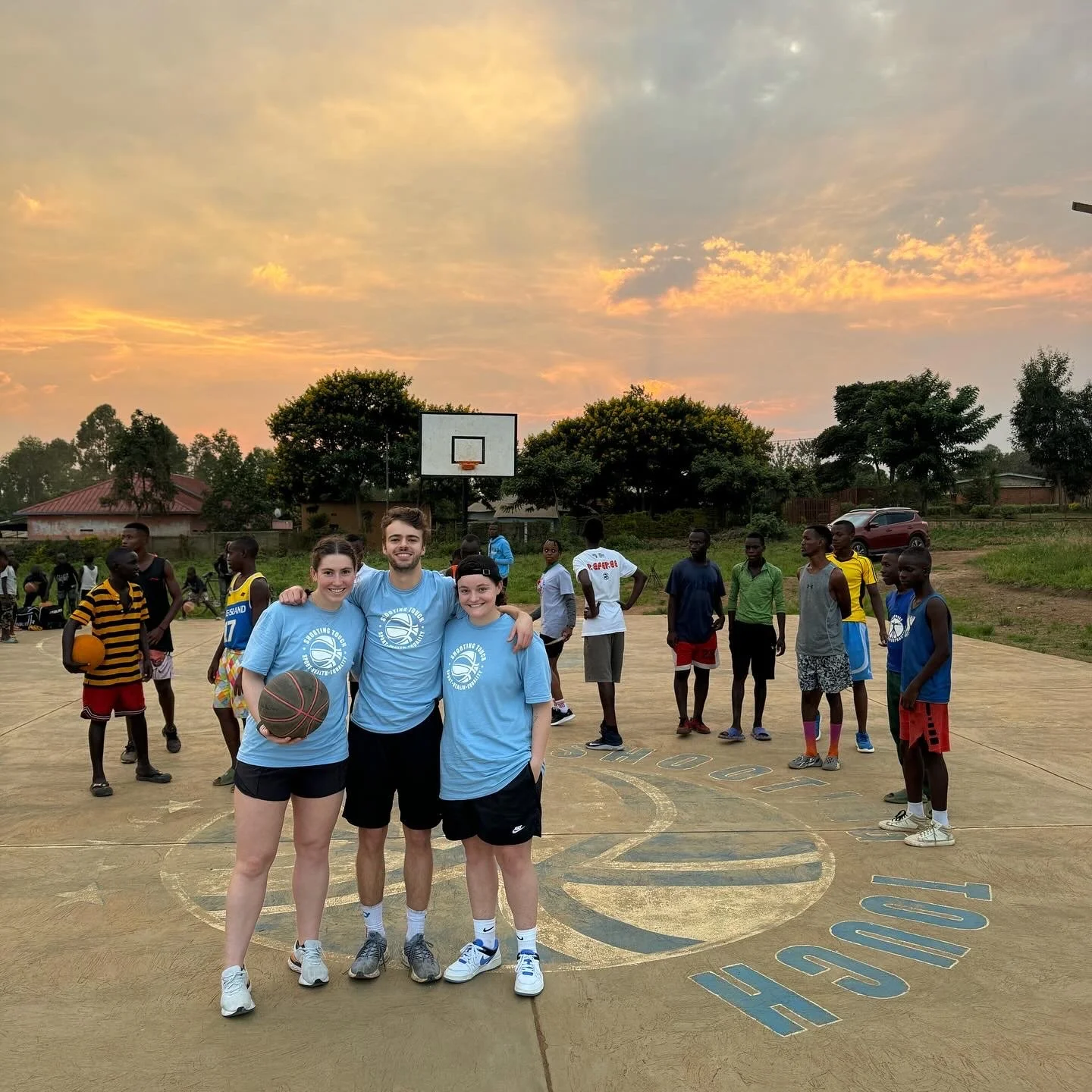I have written and rewritten this blog countless times over the past few weeks trying to find the right words to sum up the final month and a half of my time in Rwanda. I am no closer to epitomizing this experience than I was while writing my first draft, but here is an attempt taken from the various notes, musings, and stories I have scribbled down over the last seven months.
1. Wind is good for sick dogs.
Madi and I adopted a dog, or better put, Madi and I were adopted by a dog and her puppy. If you visited the house any time between May and August, you likely met at least one and quickly realized why we couldn’t help but fall in love with them. Mom dog and Squirt (also sometimes called Skirt) were a highlight of living in Rwink. In June, however, Squirt was unfortunately in an accident. When trying to decide what to do, Madi and I were told to leave her on the porch overnight because “wind is good for sick dogs.” Sounds simple enough, right? We weren’t convinced, but miraculously the next morning, little Squirt was doing much better than we expected. In utter confusion and shock, I muttered “I guess wind is good for sick dogs” sending Madi and I into a fit of laughter because, as always, our assumption was incorrect. While this story is a funny example, it hints at something I learned early on here, but struggled to remember: you can’t assume you know. There was so much to be learned about Rwanda, about the people, about the way things run. My assumptions and biases won’t get me very far, and they must be checked pretty quickly. I assumed that leaving the dog outside overnight wasn’t a good idea, but clearly the wind worked its magic.
2. You can take a car battery out of a running car.
While visiting Lake Kivu with my family in June, our car battery died. Not an ideal circumstance anywhere, but especially not when you don’t have spare jumper cables in your car or road-side assistance on speed dial. Luckily, we were in the parking lot of our hotel, and they were able to call a mechanic for us. Twenty minutes later, a moto pulls up and a young man jumps off the back with nothing but a wrench and a pair of pliers. I will never forget my mom turning to me and asking, “That can’t be the mechanic, right?” It was. Regardless of our initial skepticism, ten minutes later, we were on the road after the mechanic switched our car battery with one from another car, then switched them back, all while the cars were running. Sounds sketchy, but it worked and we were grateful. Outside of being a funny story that my parents told their friends while recounting the trip, it was a lesson in ingenuity and making things work. Sometimes, you don’t have the perfect set of tools in front of you, and the solution isn’t convenient. However, you can make things work using what you have within the circumstances you find yourself in. This lesson has shown itself time and time again over the last few months, and is one I will certainly take home with me.
3. It’s okay to crave home, familiarity, and comfort, but don’t let it distract you from the present.
There were moments throughout the entire fellowship where I wondered what I was doing and missed home. While I wish I could say that from the beginning I was quick to dismiss those thoughts and refocus my attention on the present, that wasn’t always reality. The feelings of homesickness and the desire for comfort are certainly natural instincts, and it took a conscious effort to stay present and not wish my time away. It was made easier, however, by the busy schedule and near-constant activity. As a routine-centric person, it was frustrating to constantly be moving around and never really falling into a daily routine, but I also know that it was probably the best thing for me. Time moves so quickly when you are constantly experiencing new things and moving around. You don’t have time to spend wishing for home when there is so much to do and see. This was very evident in my last three weeks. At the very end of July we hosted our Shooting Touch co-founders, their family, and Shooting Touch Board Member and NBA player Grant Williams (also a Tennessee Alum #GoVols). This week was packed full with practices, events, and one very competitive game of Catan. With all that was going on, I could barely consider how little time I had left. However, at the conclusion of that trip, both Madi and Alex also headed home, and I was suddenly faced with a lot of alone time on my hands while staring down my last two weeks. It was a weird time because I was feeling anxious to see my friends and family while also trying to soak up my last few events and practices. I made sure to fill my plate the last few weeks by hiking in Rukara with Coach Moses, visiting Coach Nico, and taking long walks in the valley. I am grateful for the last few weeks of solace to really close out my time in Rwanda and say my goodbyes.
4. The people make the place.
Finally, I’ll leave you with the greatest lesson I’ve learned in Rwanda: the people make the place. This experience would mean nothing if it weren’t for the people I shared it with. Madi, my roommate, co-dog mom, the person I spent the most time with this year, is now a very dear friend, and someone I know I will stay in touch with for a very long time. There is no one else I would have rather spent many, many hours playing gin rummy and laughing with on a daily basis. Our incredible coaches turned into Kinyarwanda teachers and friends. I will forever cherish hundreds of small moments I could go on and on about with each and every one of our coaches. There are so many other people I could go on about, from our neighbors in Rwink, to the kids that always run up for a hug while we walk to practice, to our Director of Communications Sam, to our Program Director Christelle, to our Community Engagement Coordinators Ingrid and Denise. I am leaving Rwanda with a new appreciation for the people. Without the people and relationships that were built here, this would be nothing more than a fun anecdote about how I spent the better part of a year. Instead, these people have turned this into a transformative experience.
So thank you, Shooting Touch for the experience of a lifetime, for friends I will have forever, and for teaching me more than I could ever convery.

